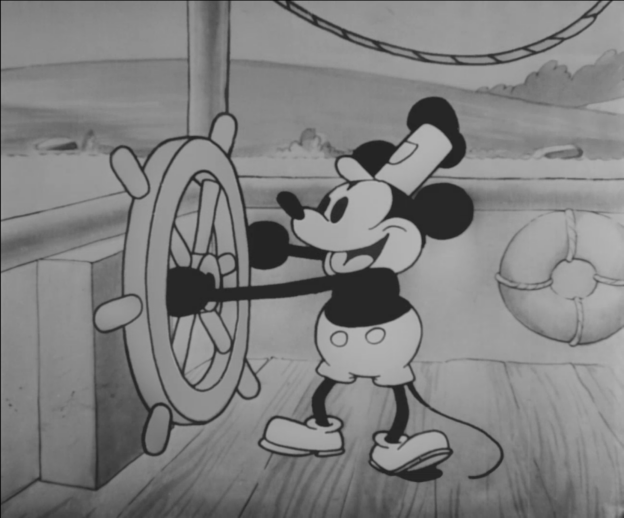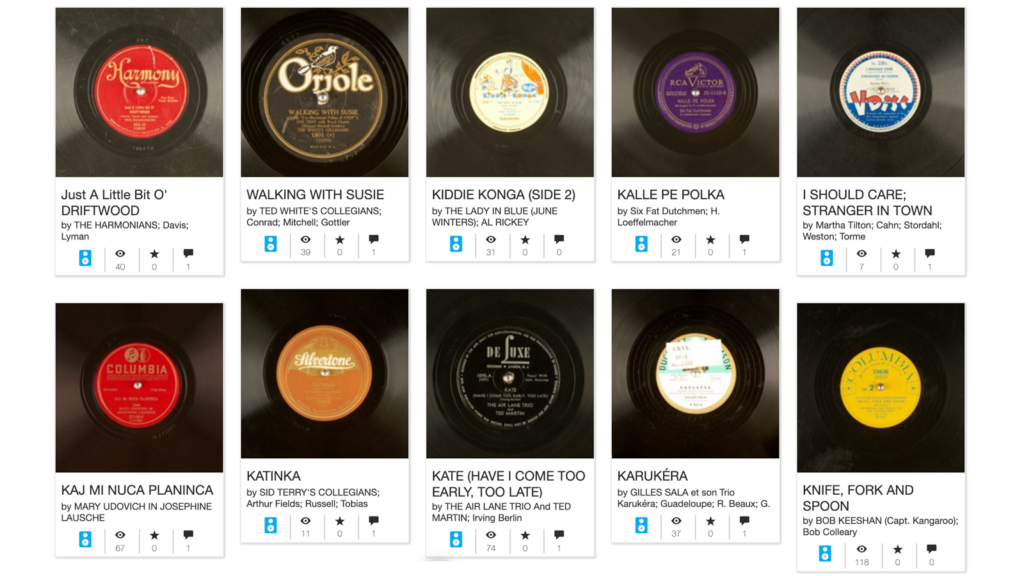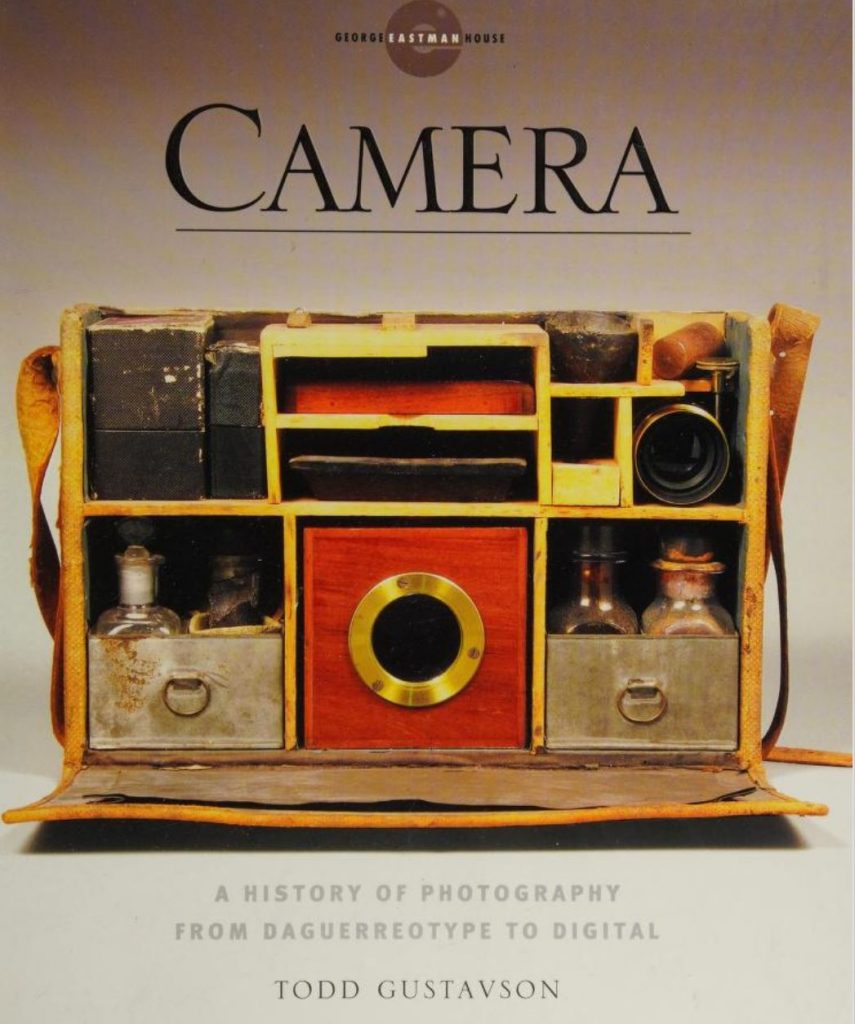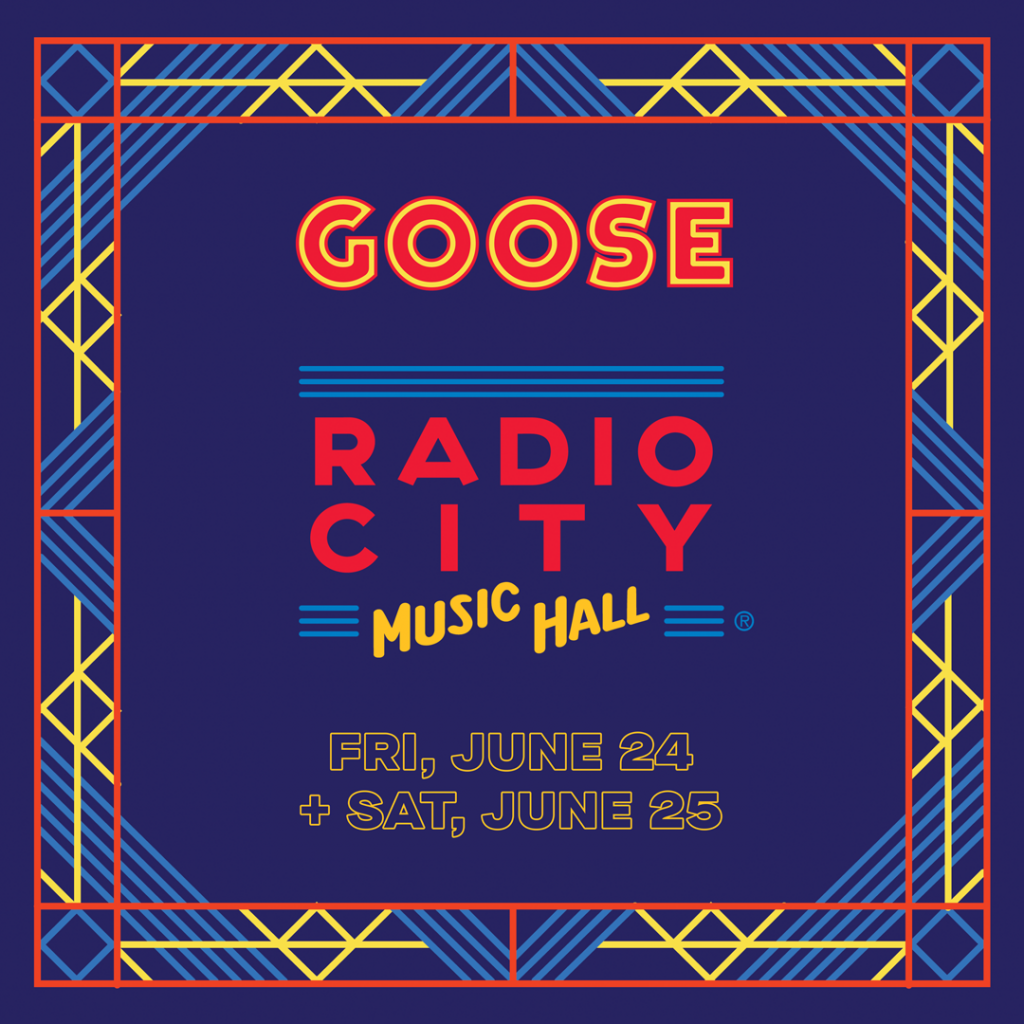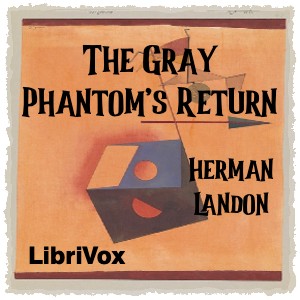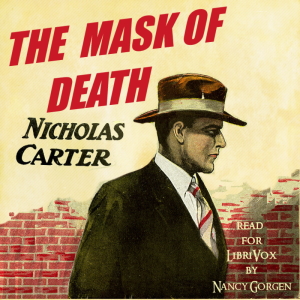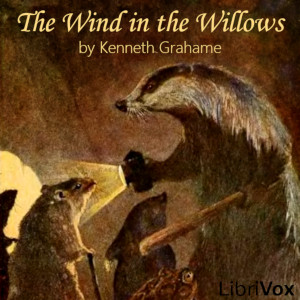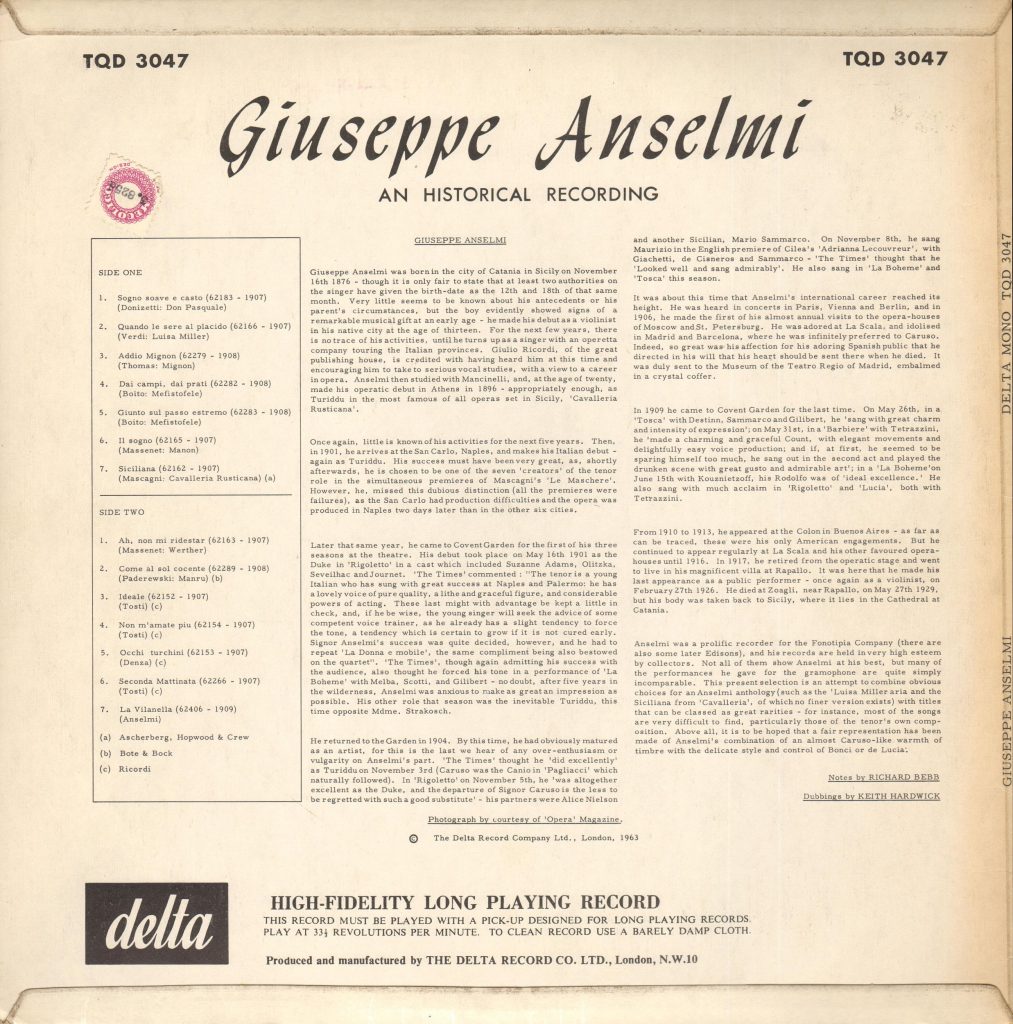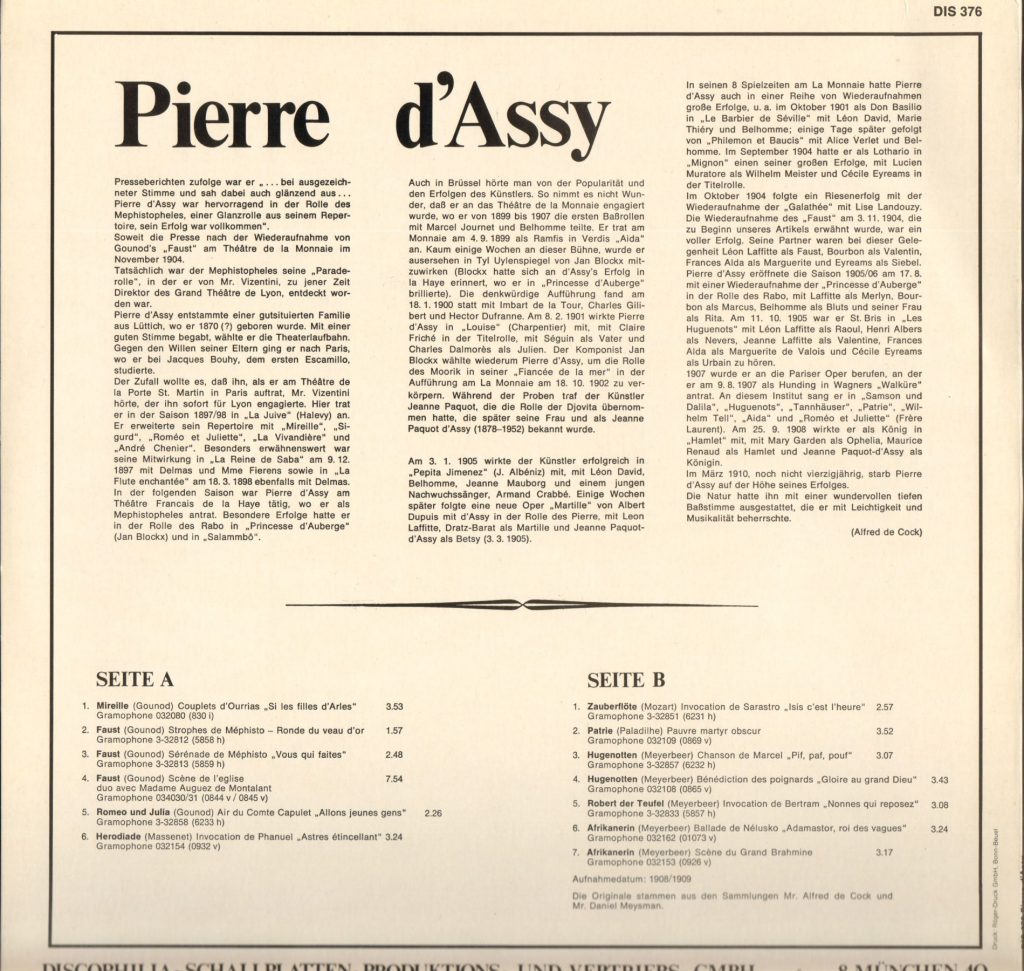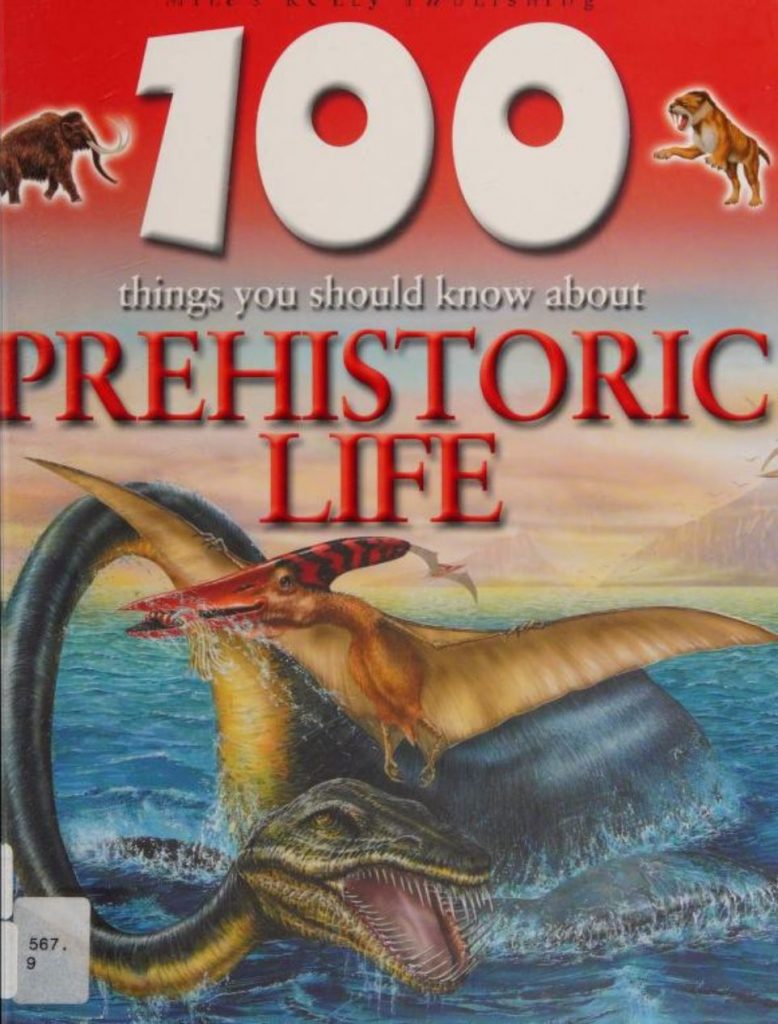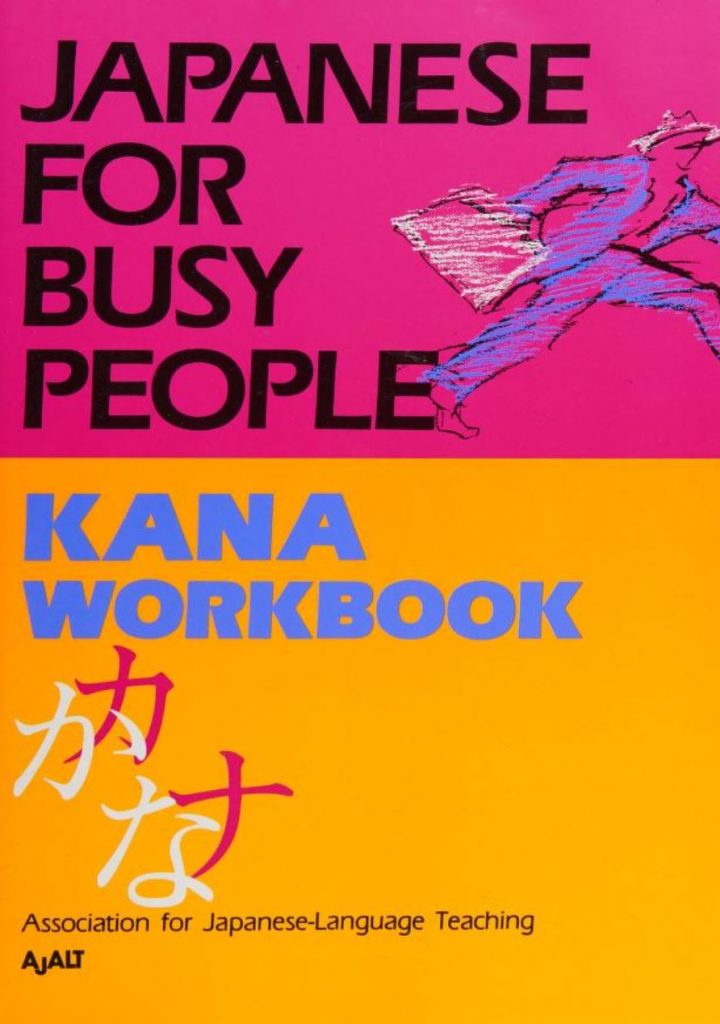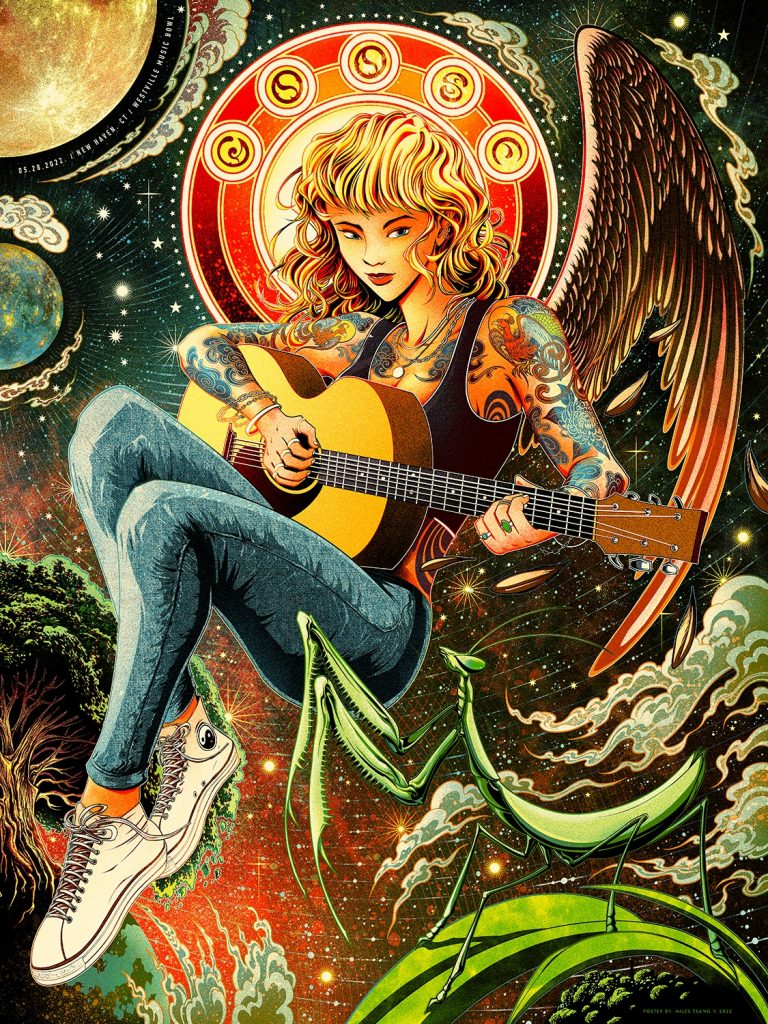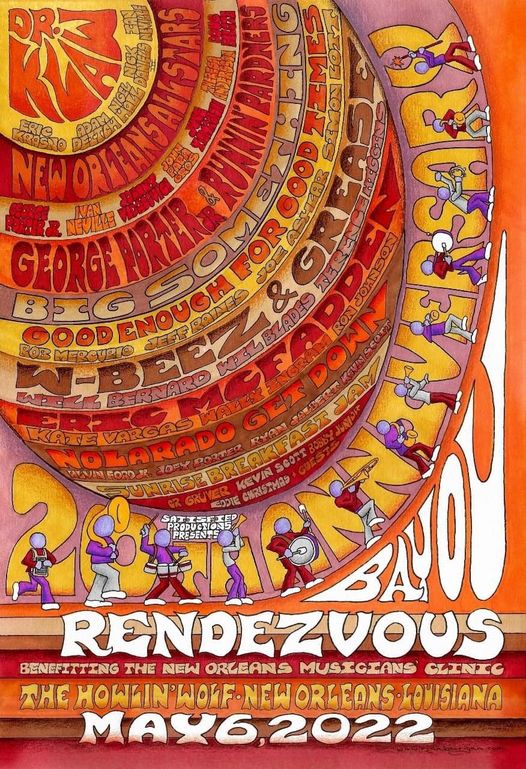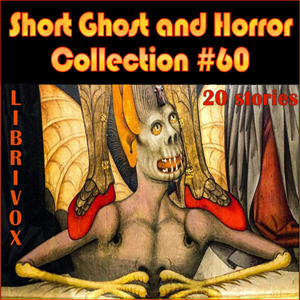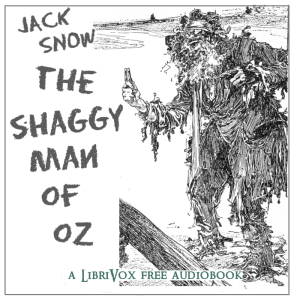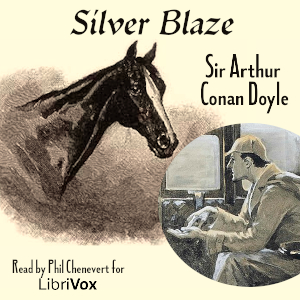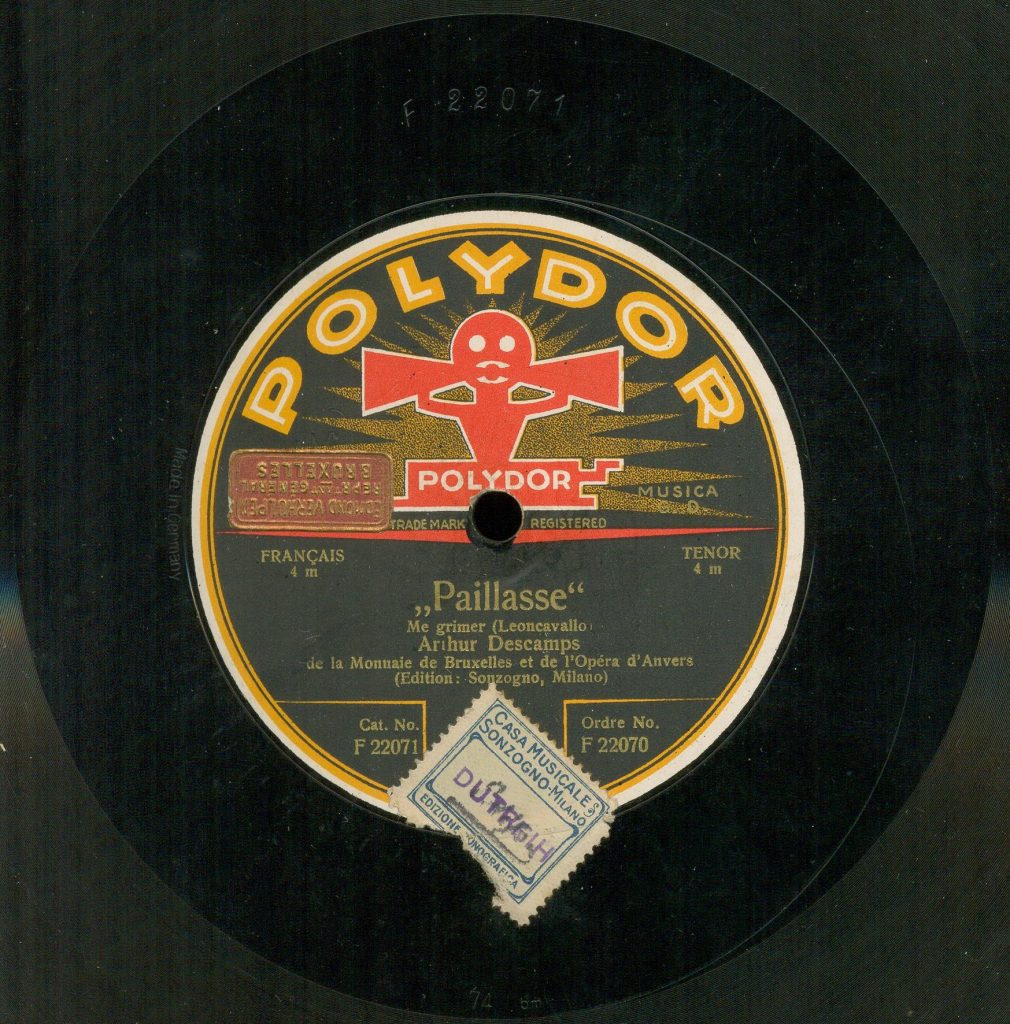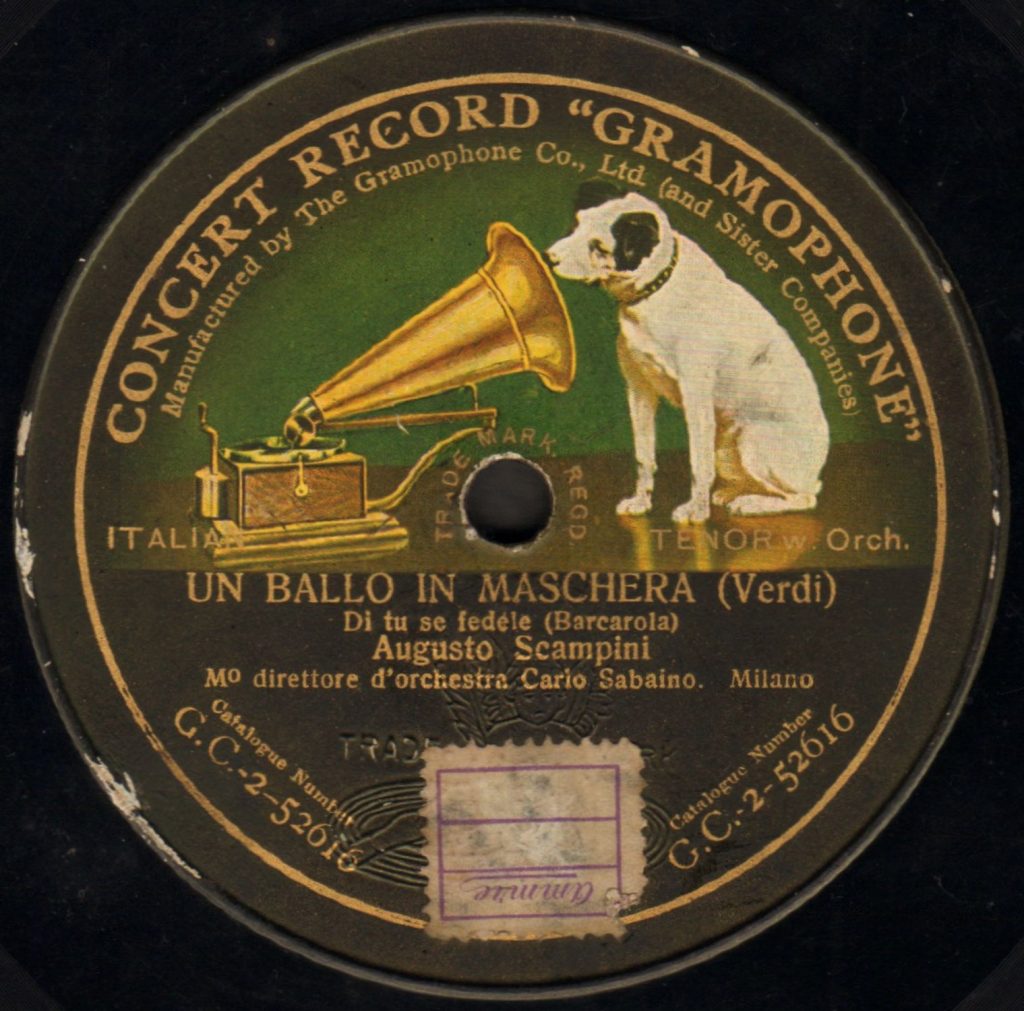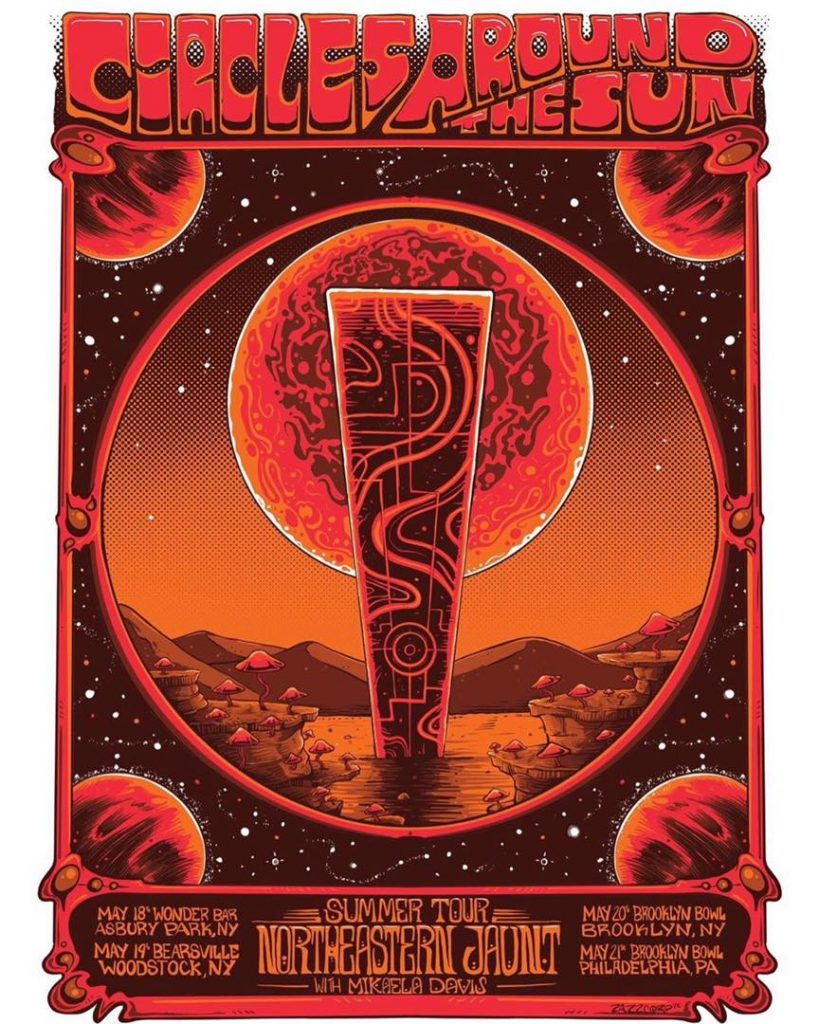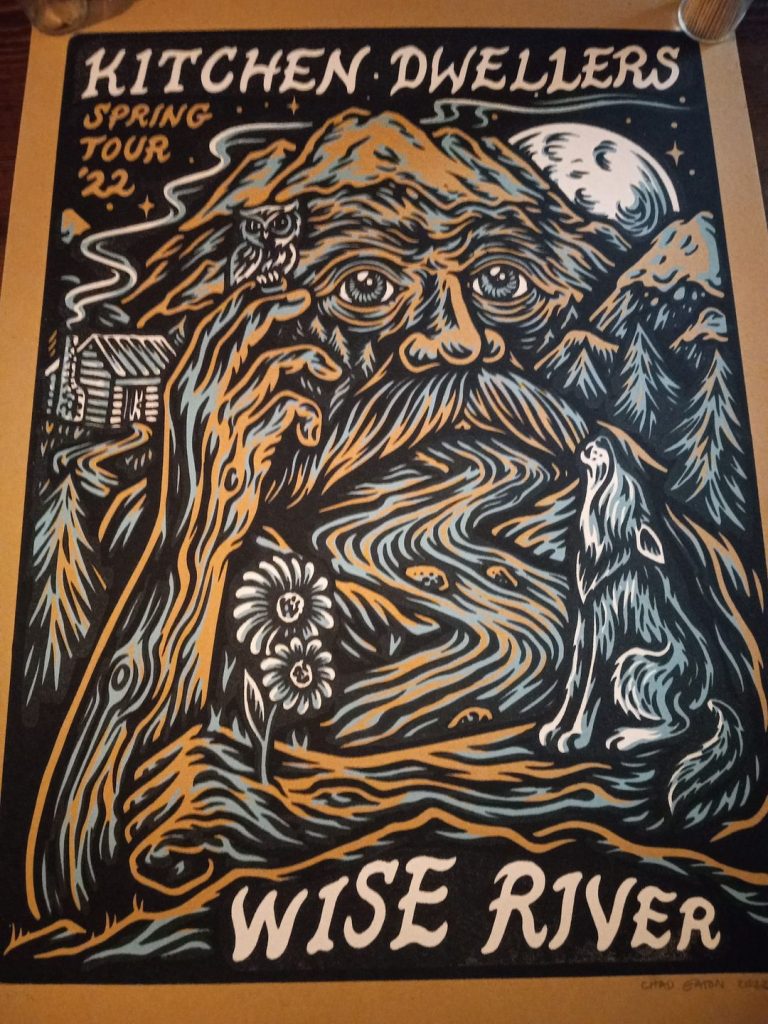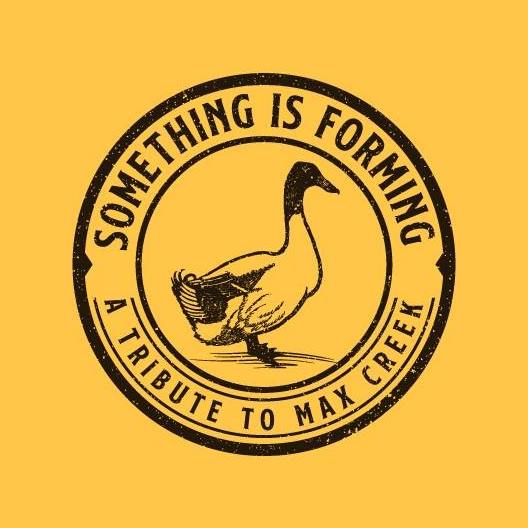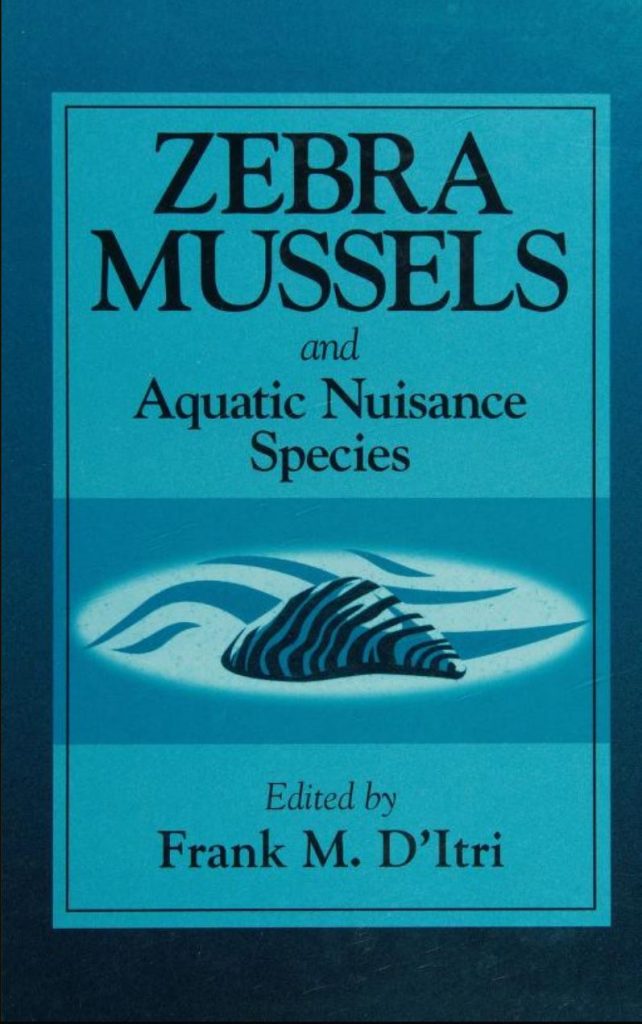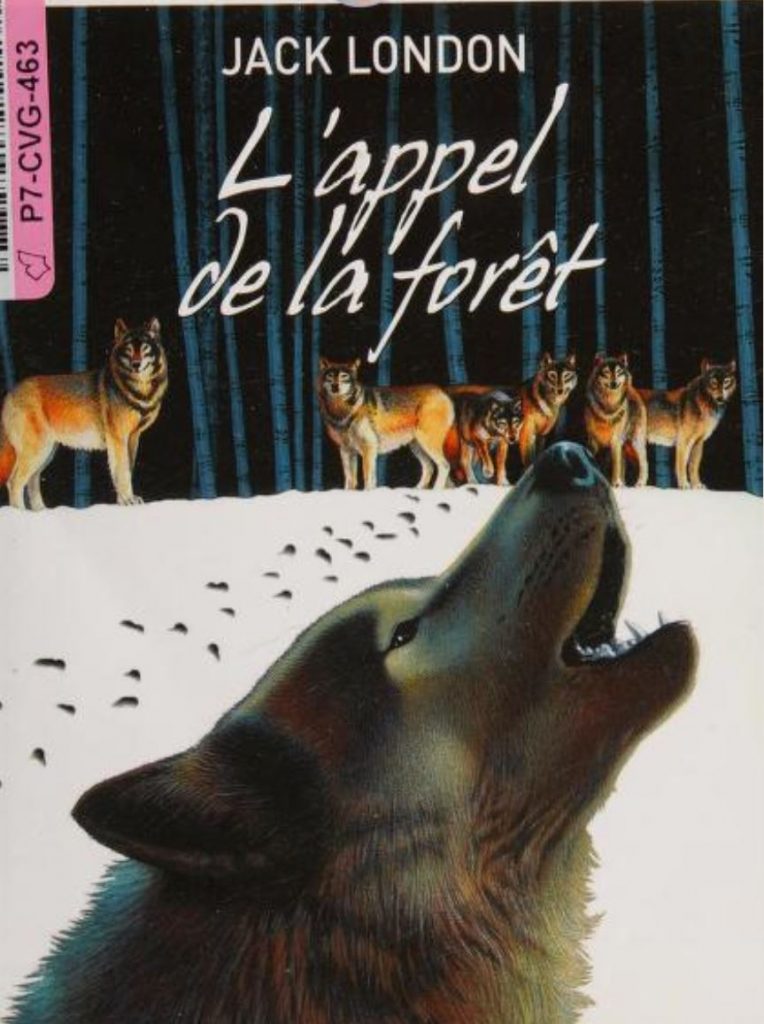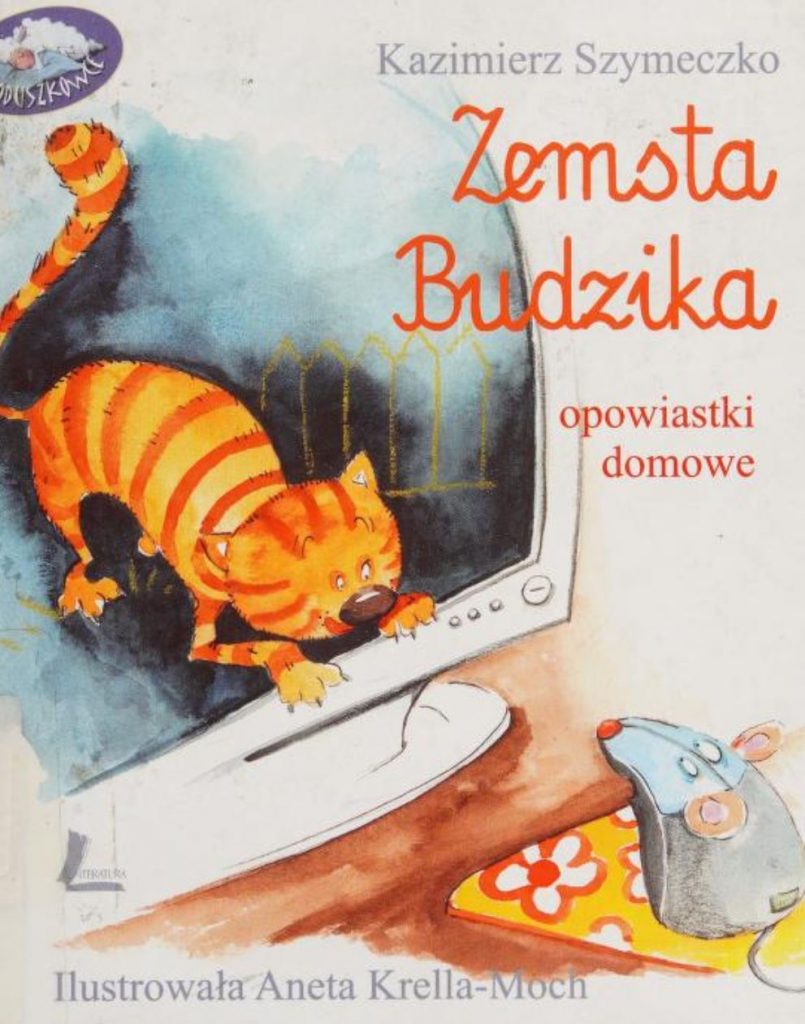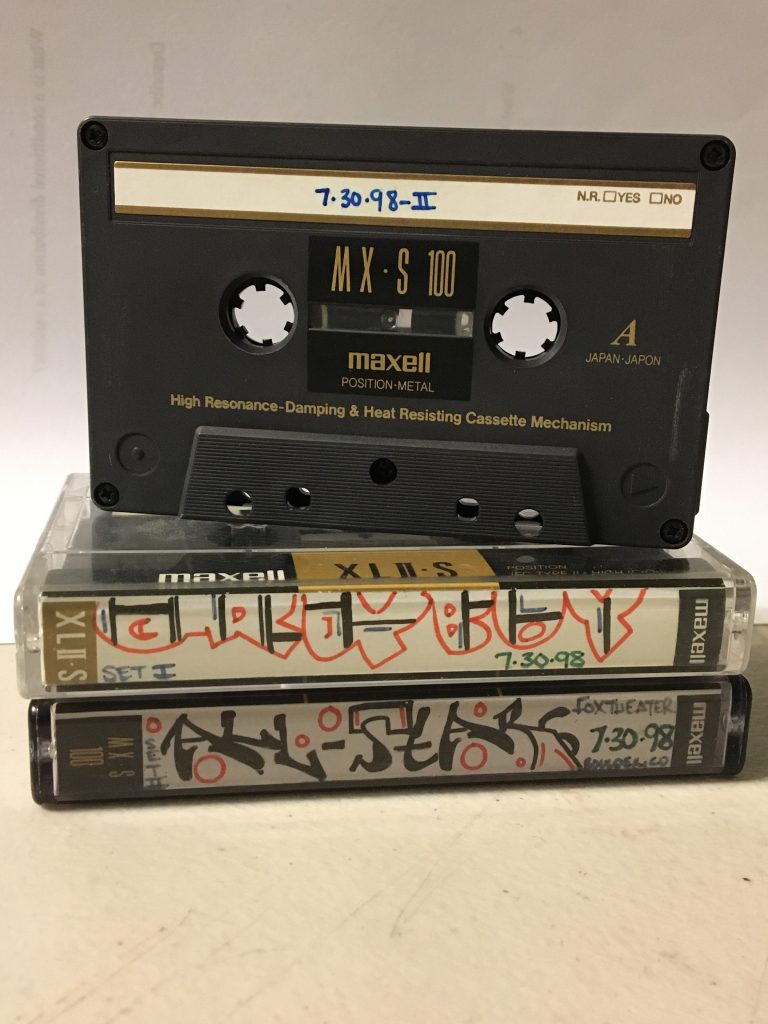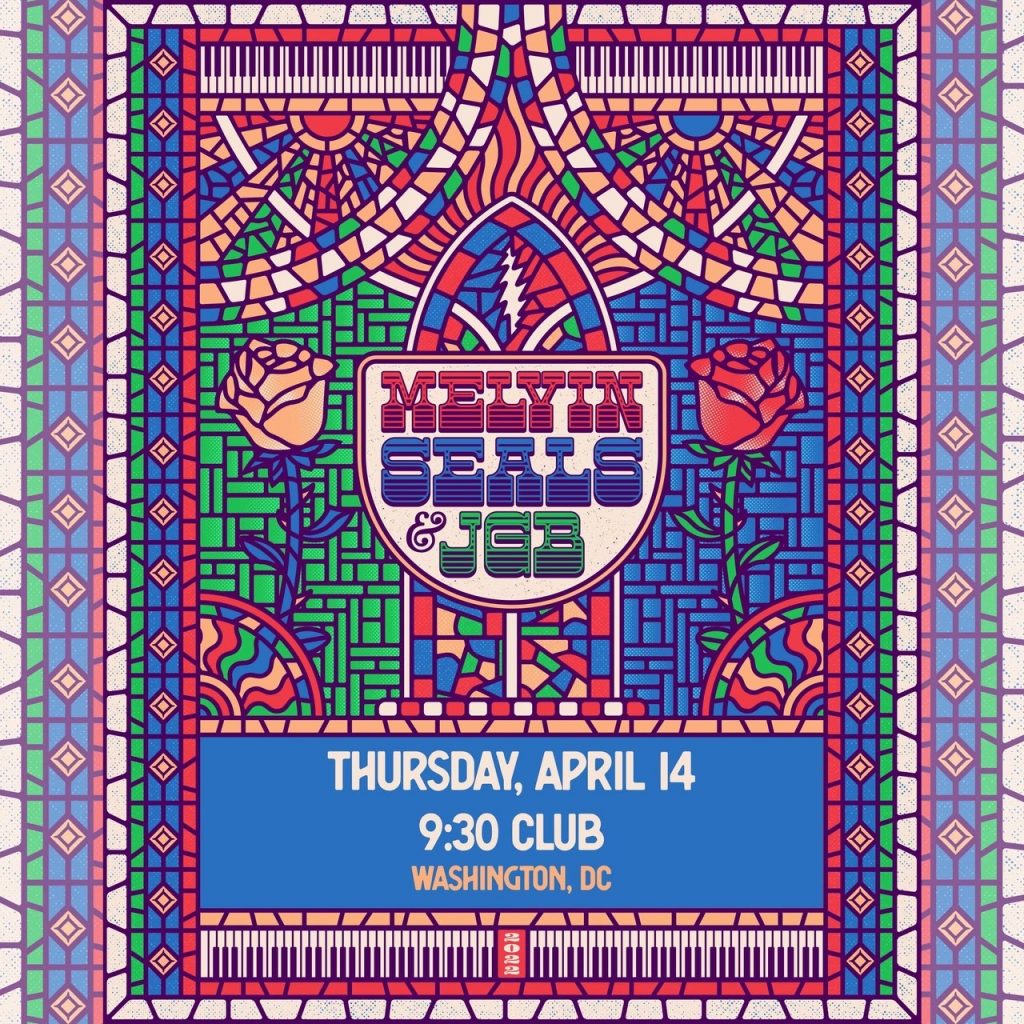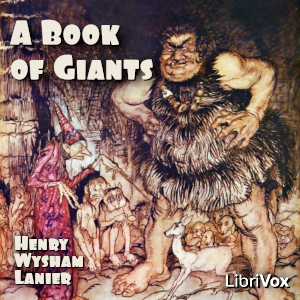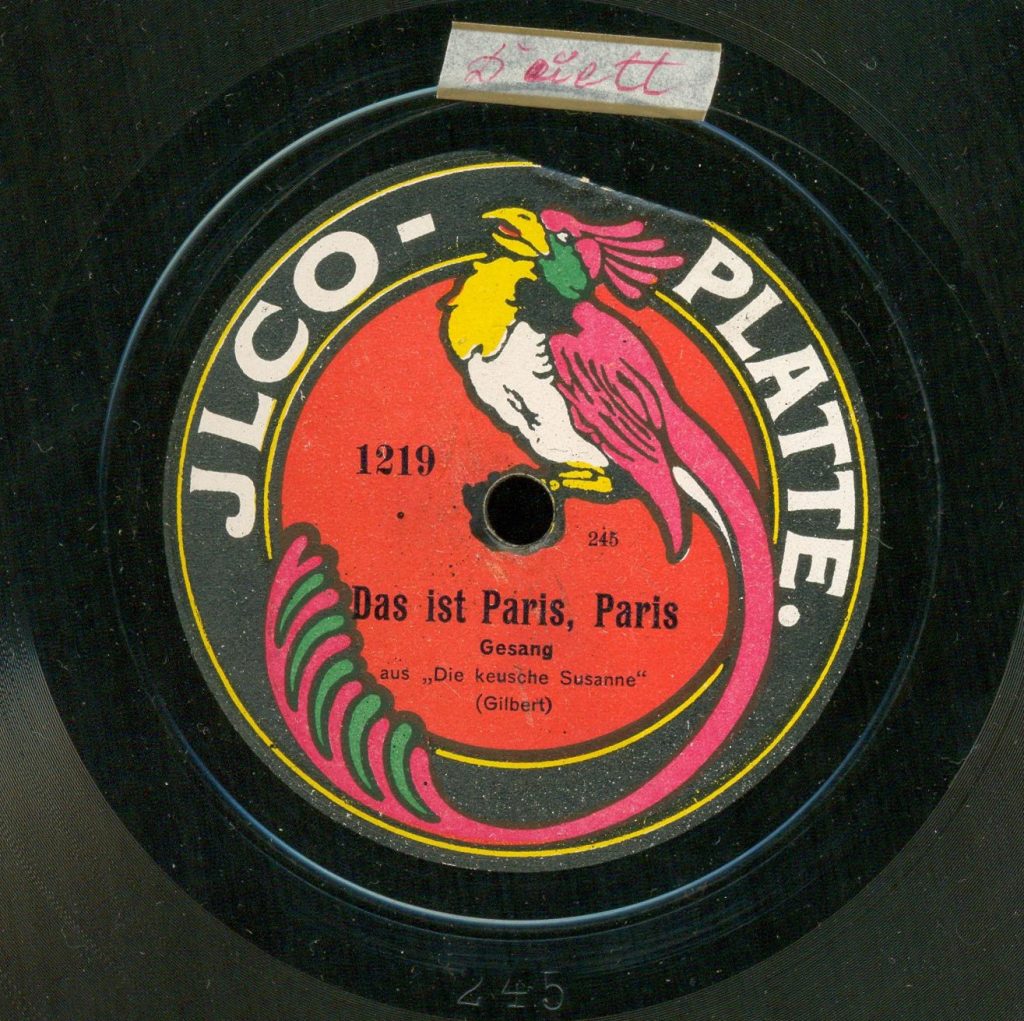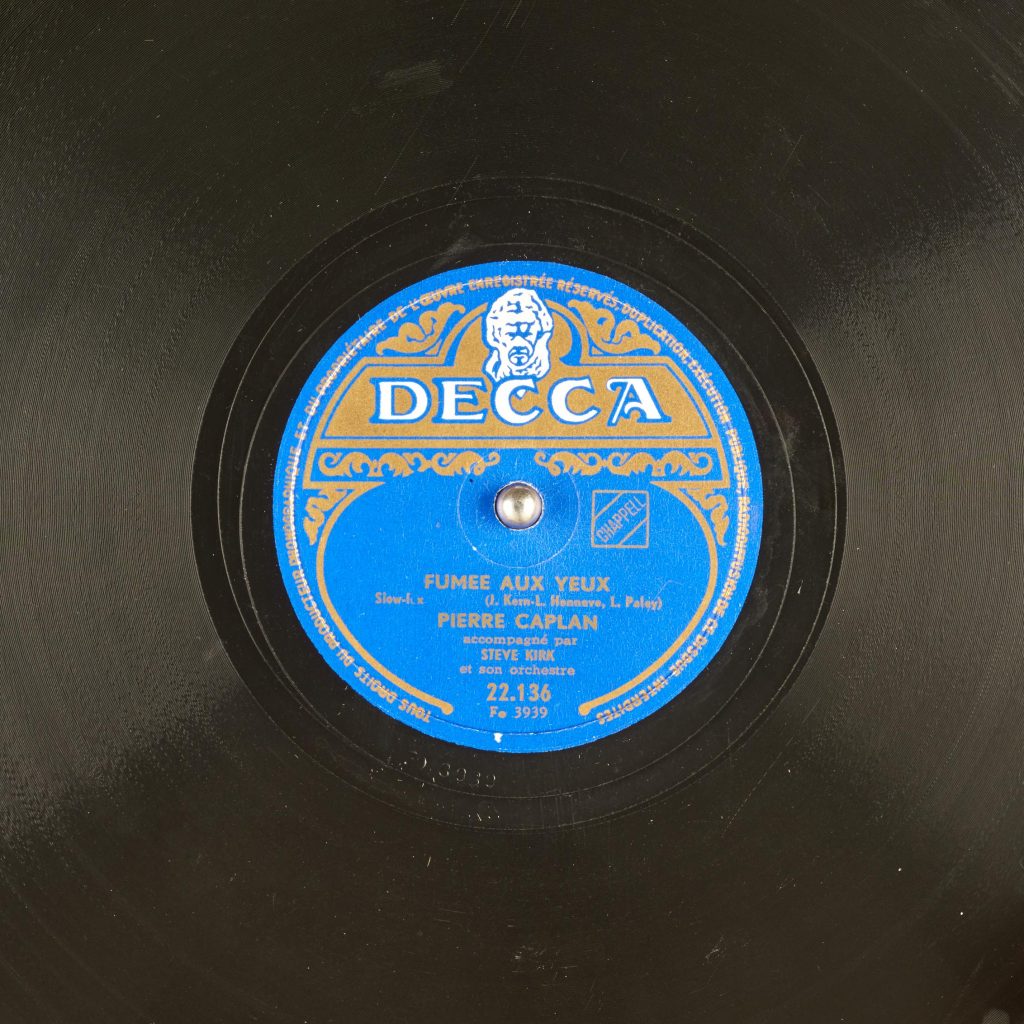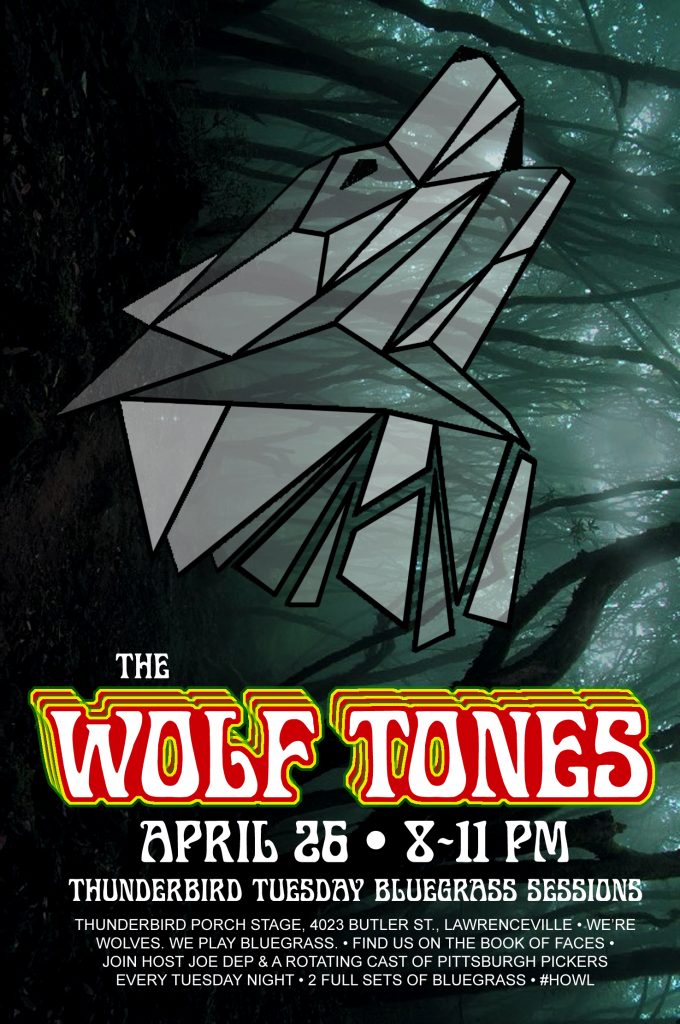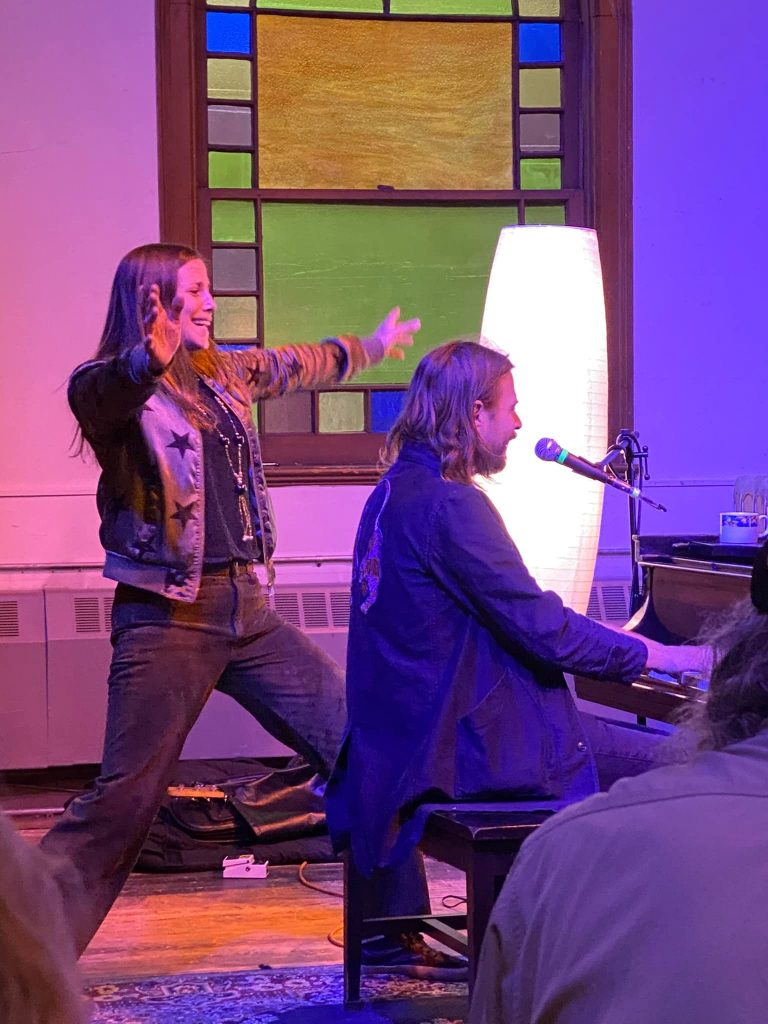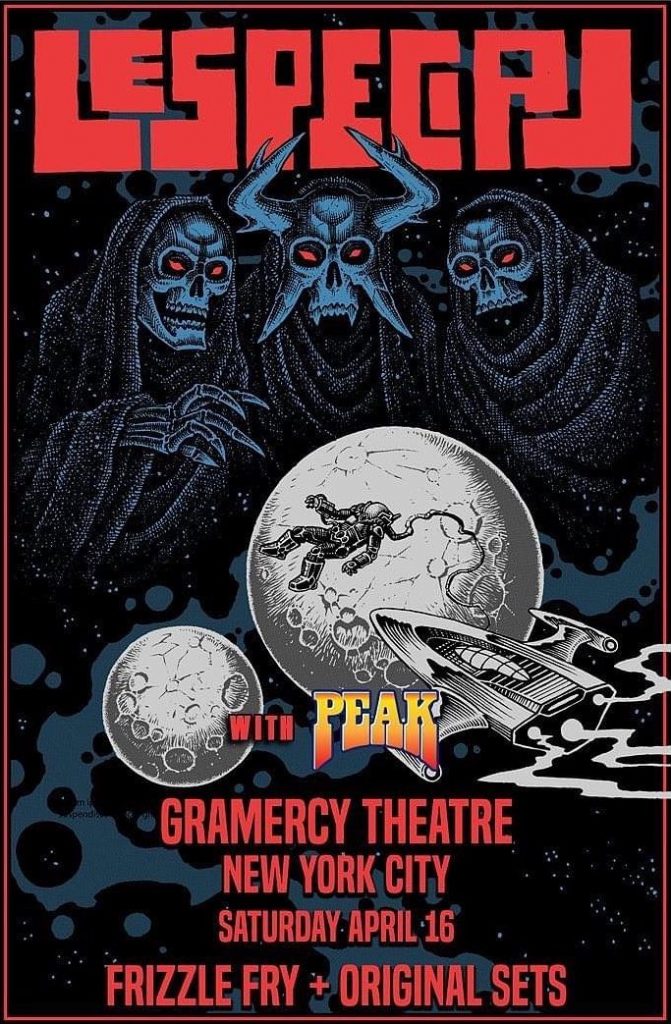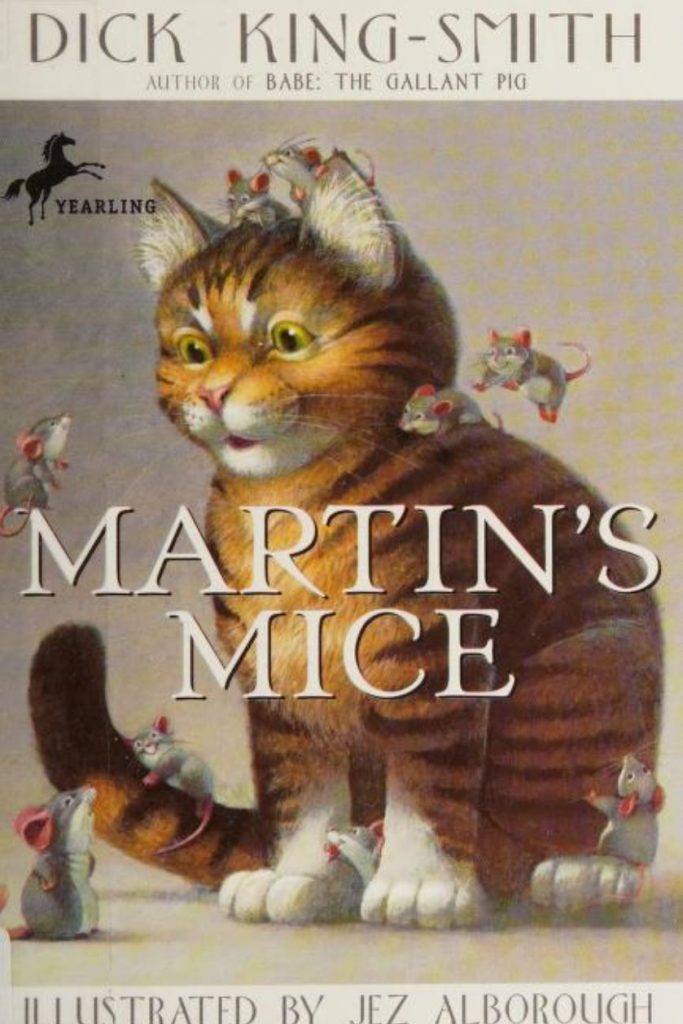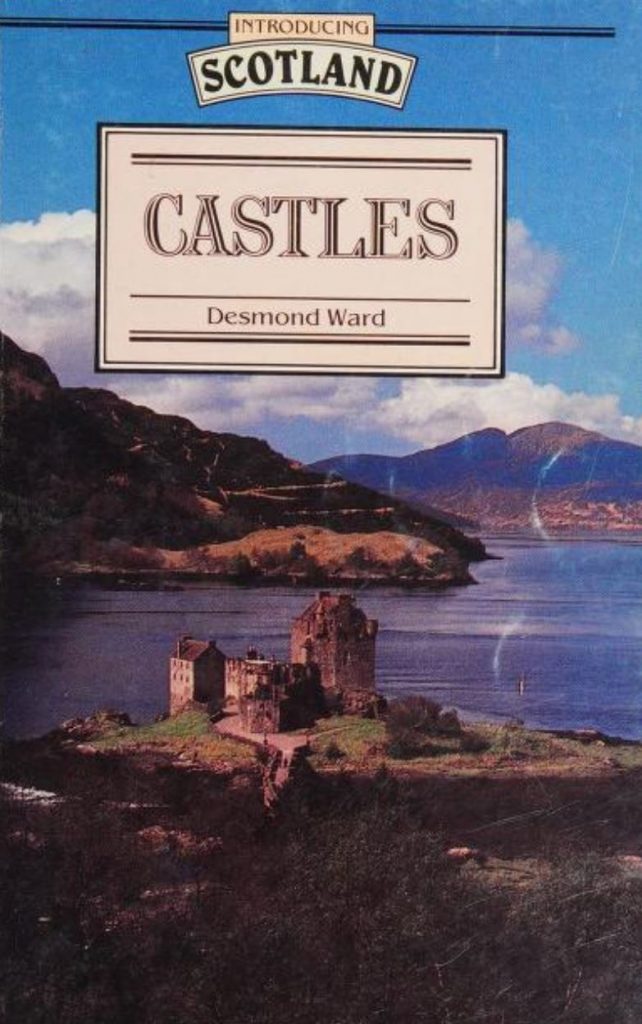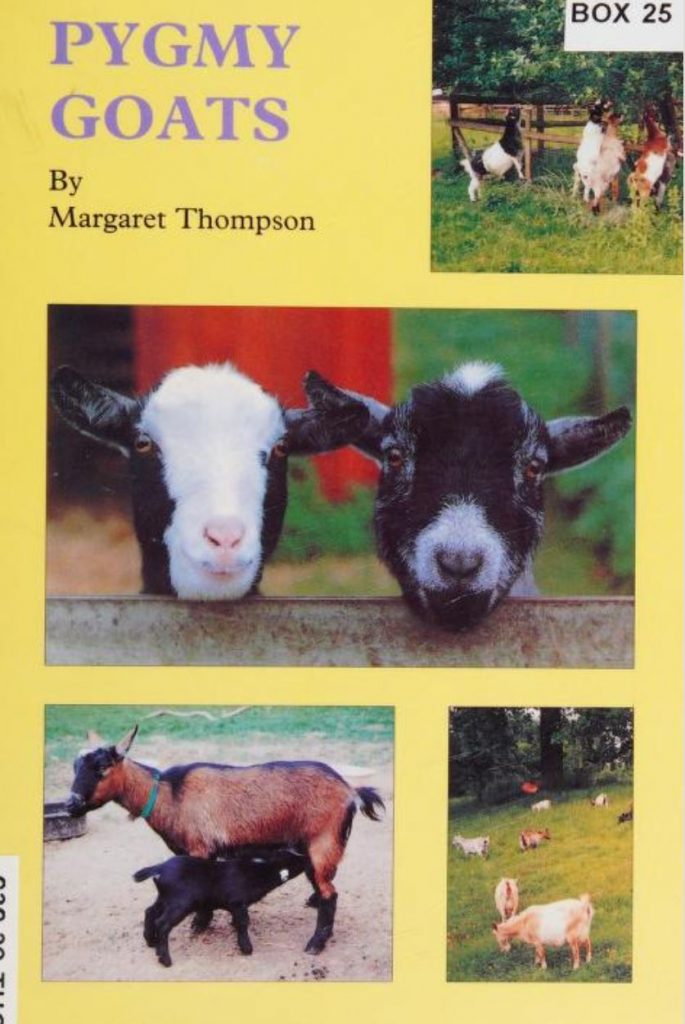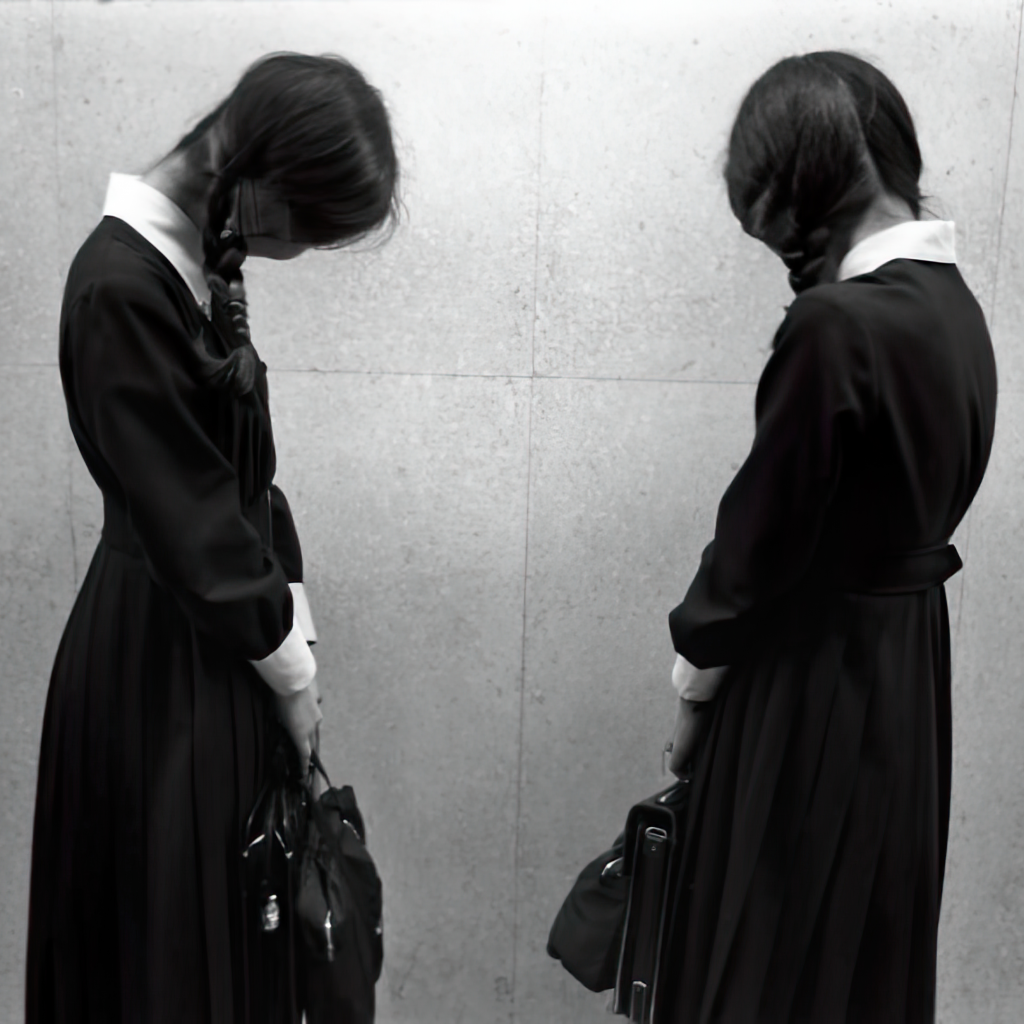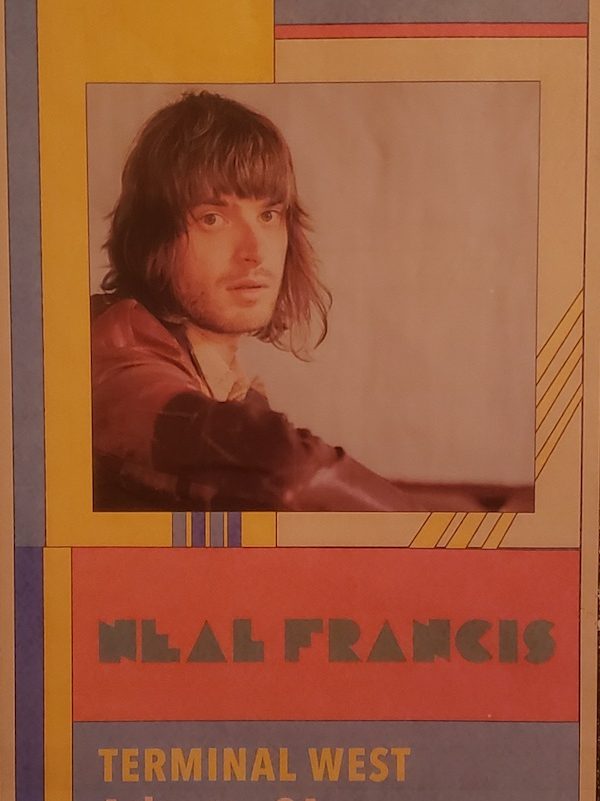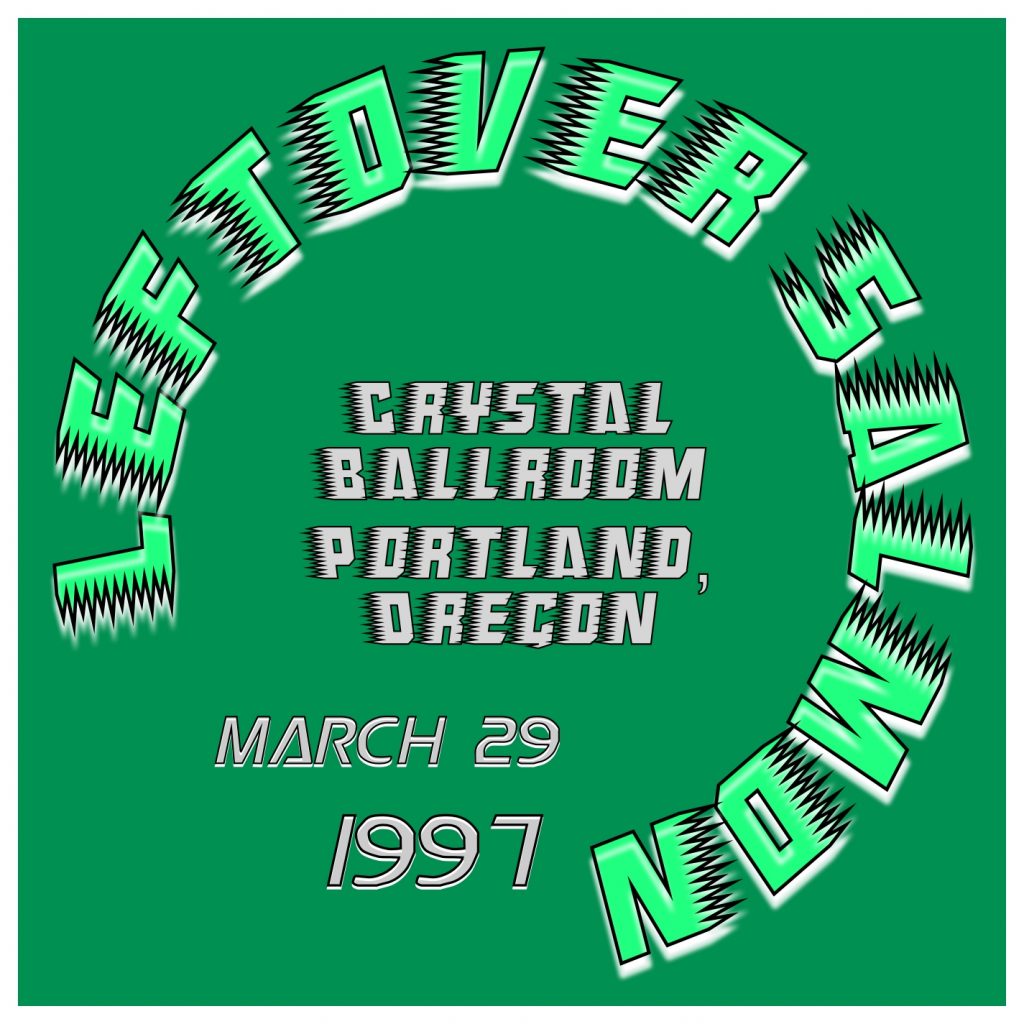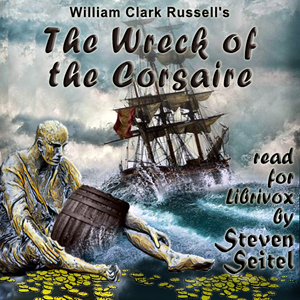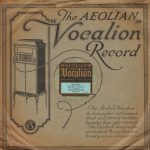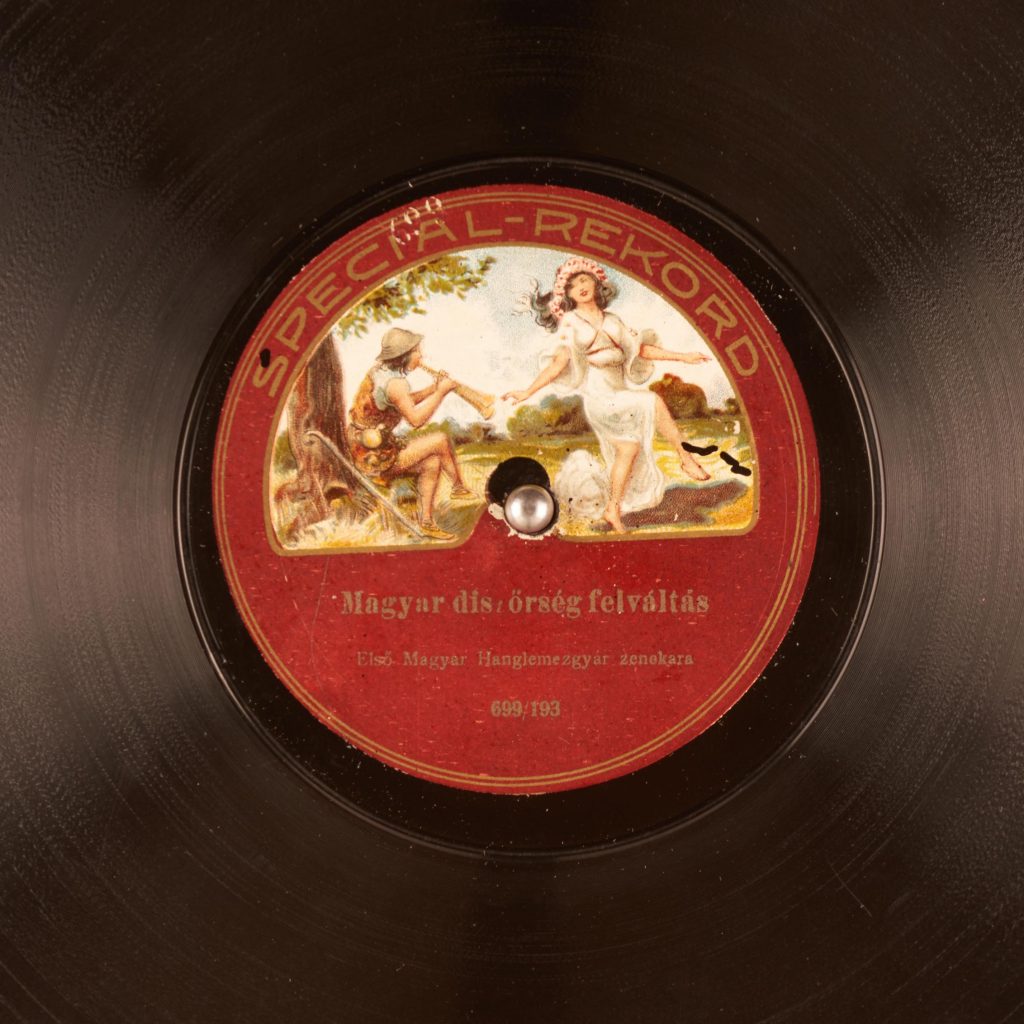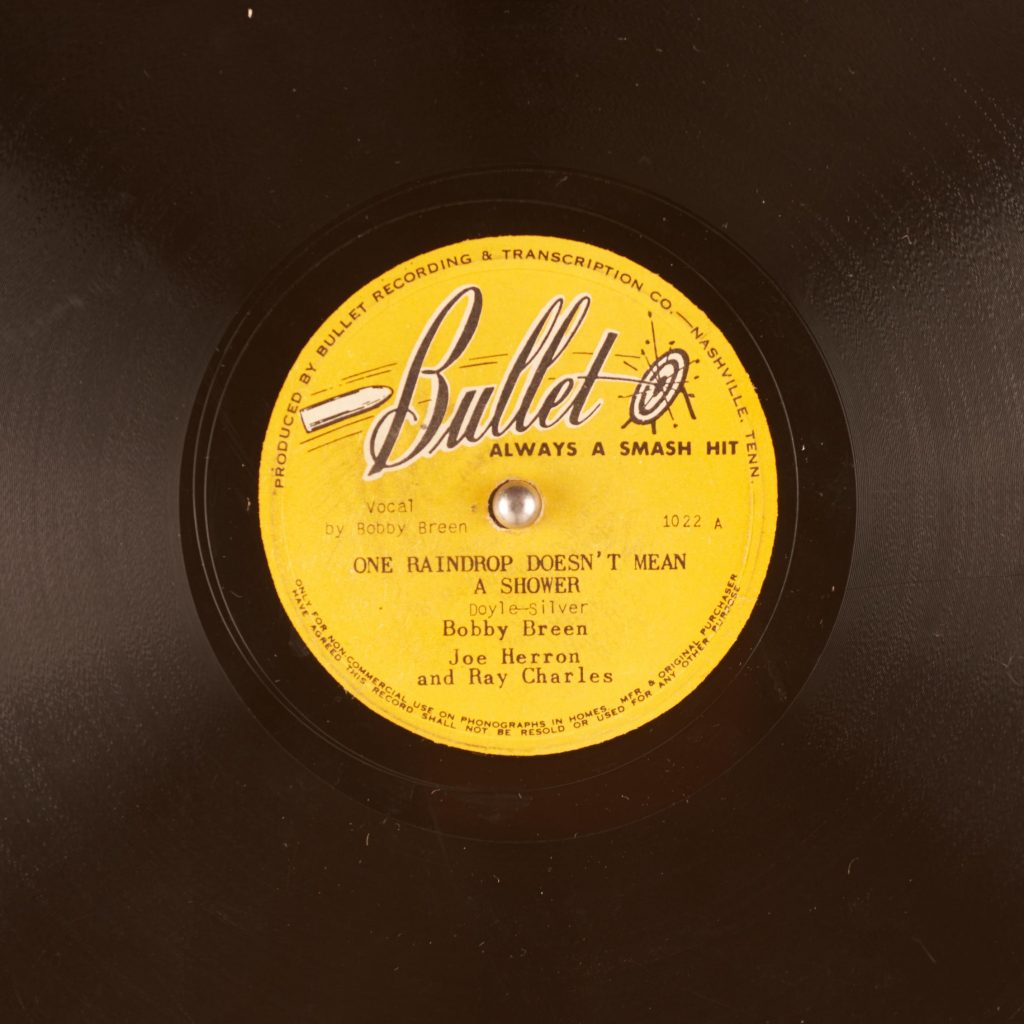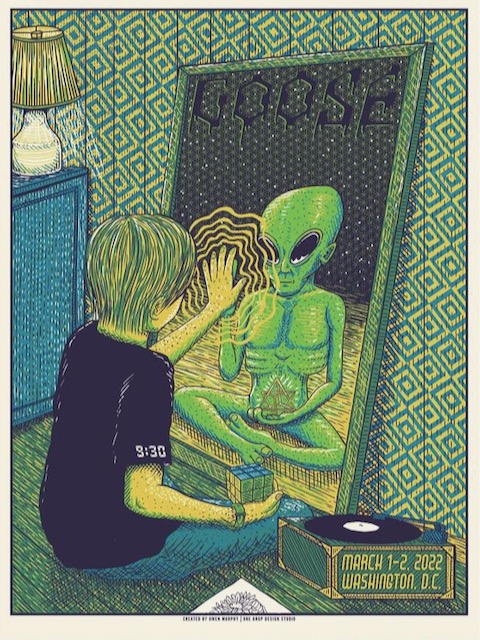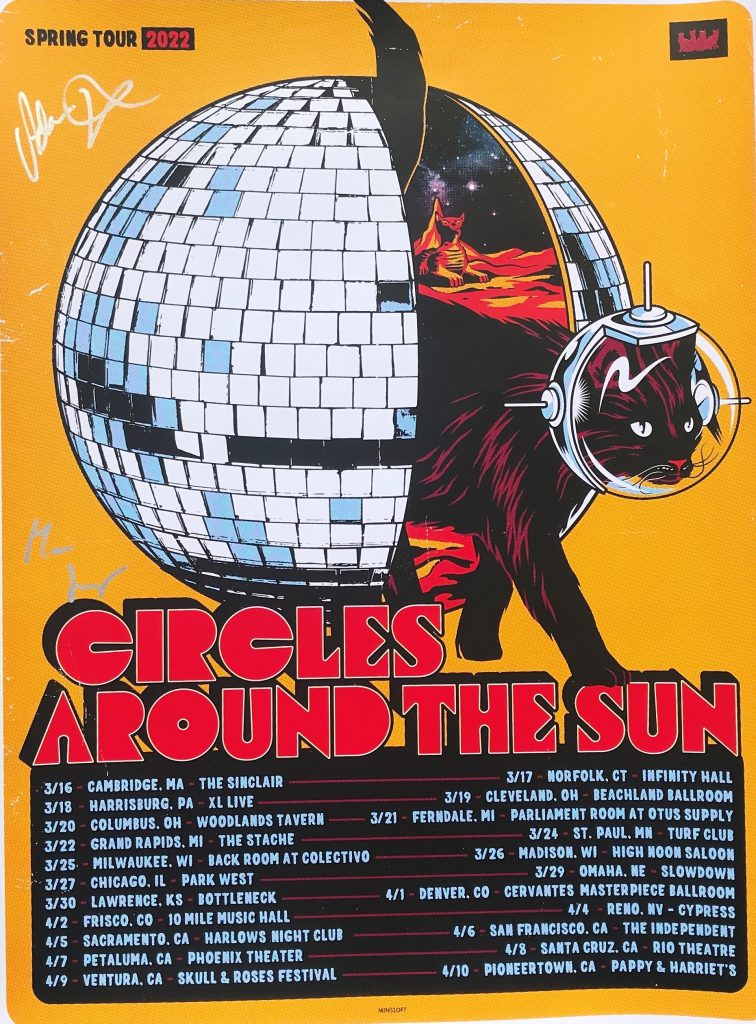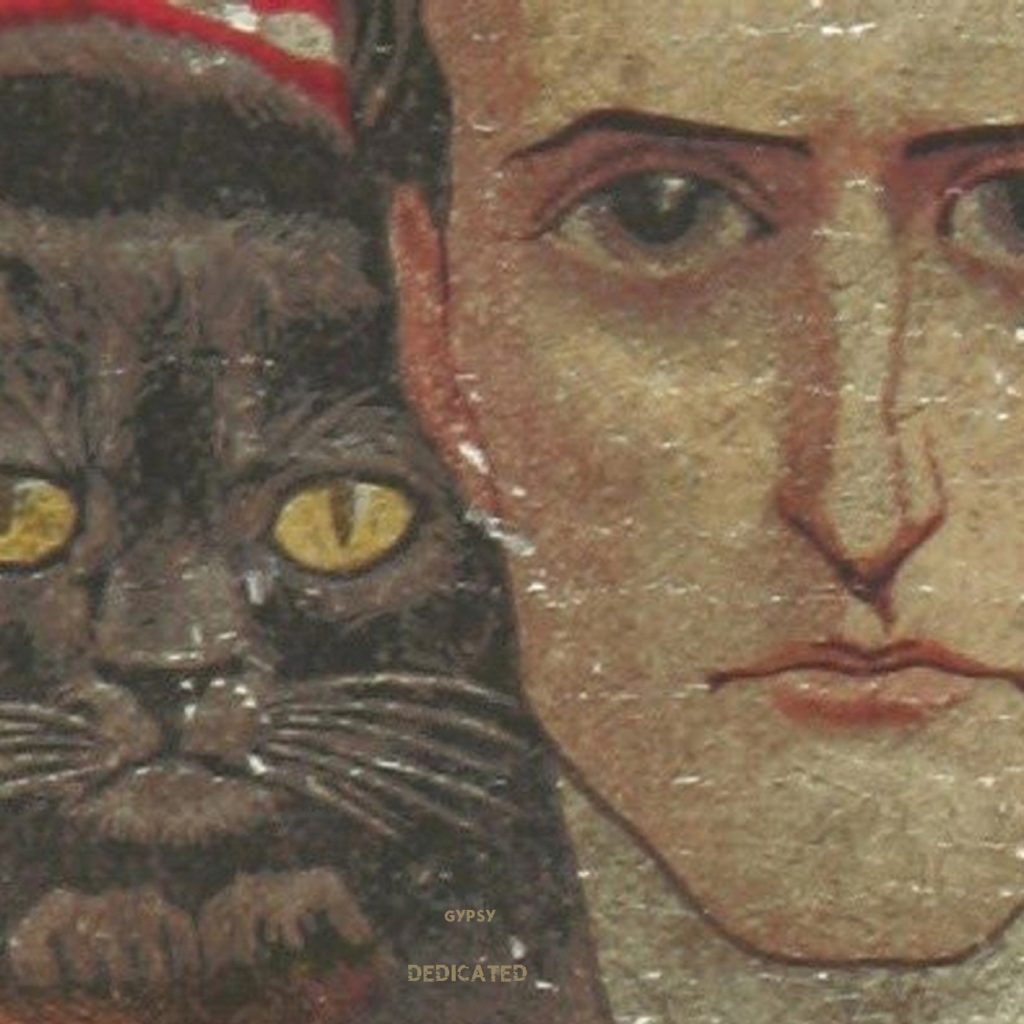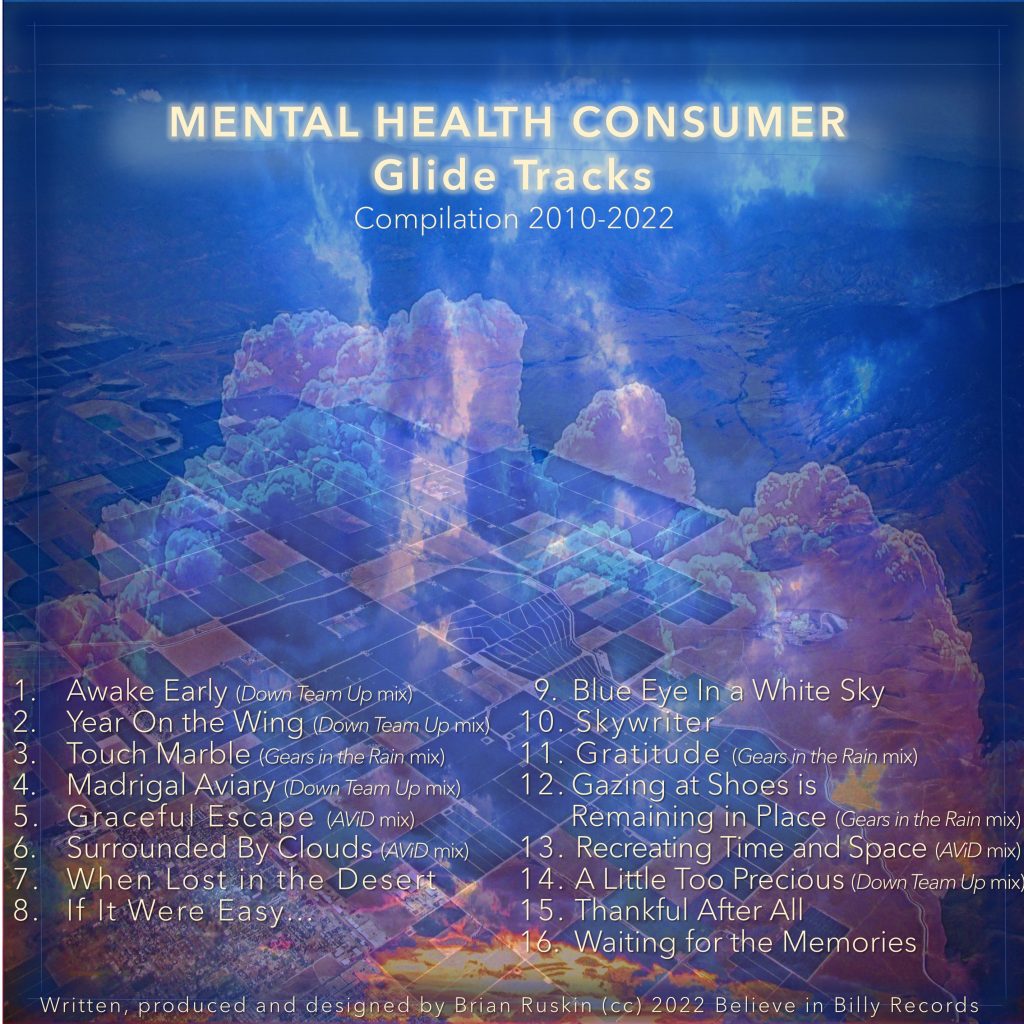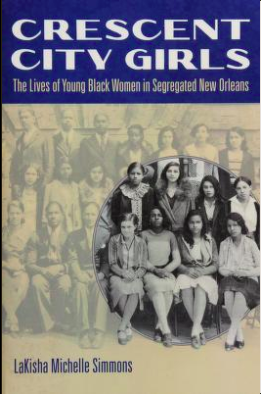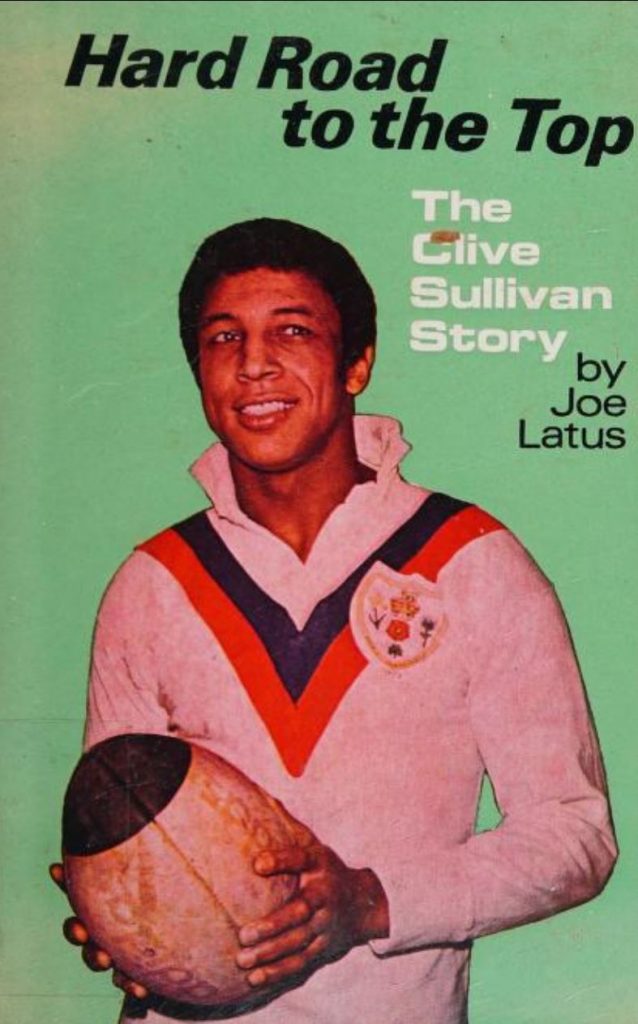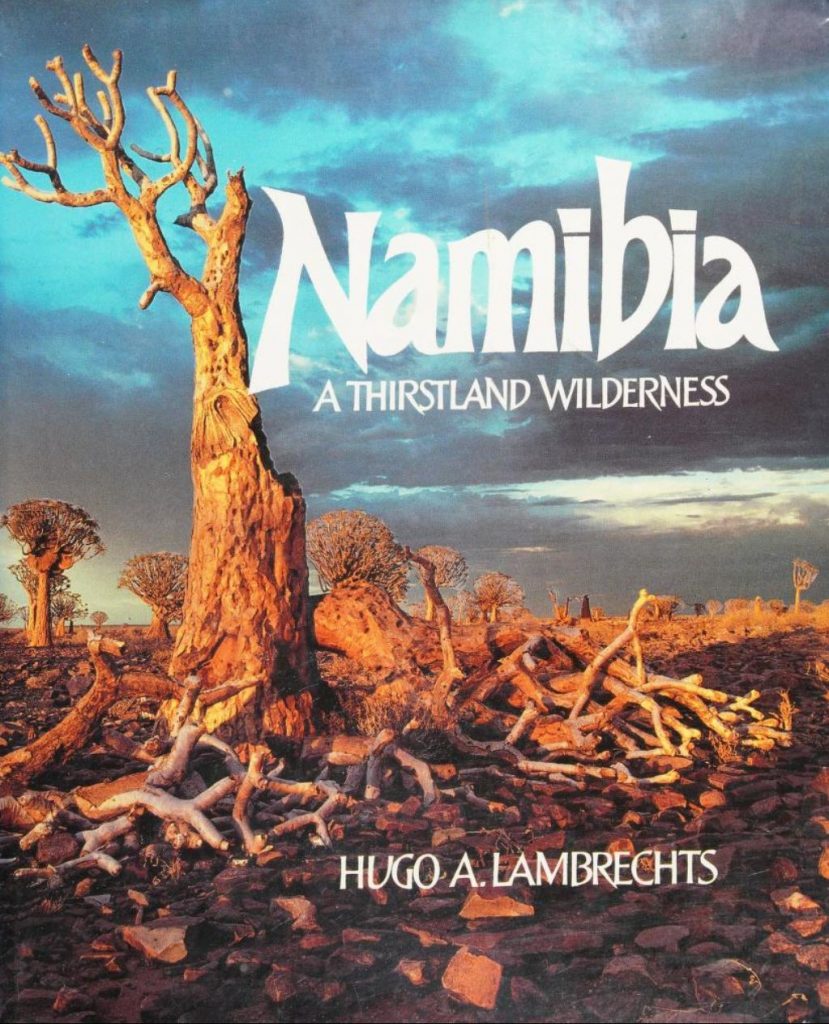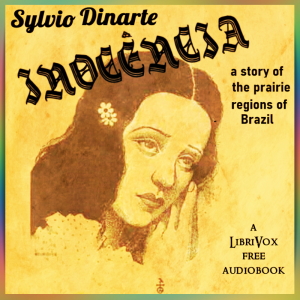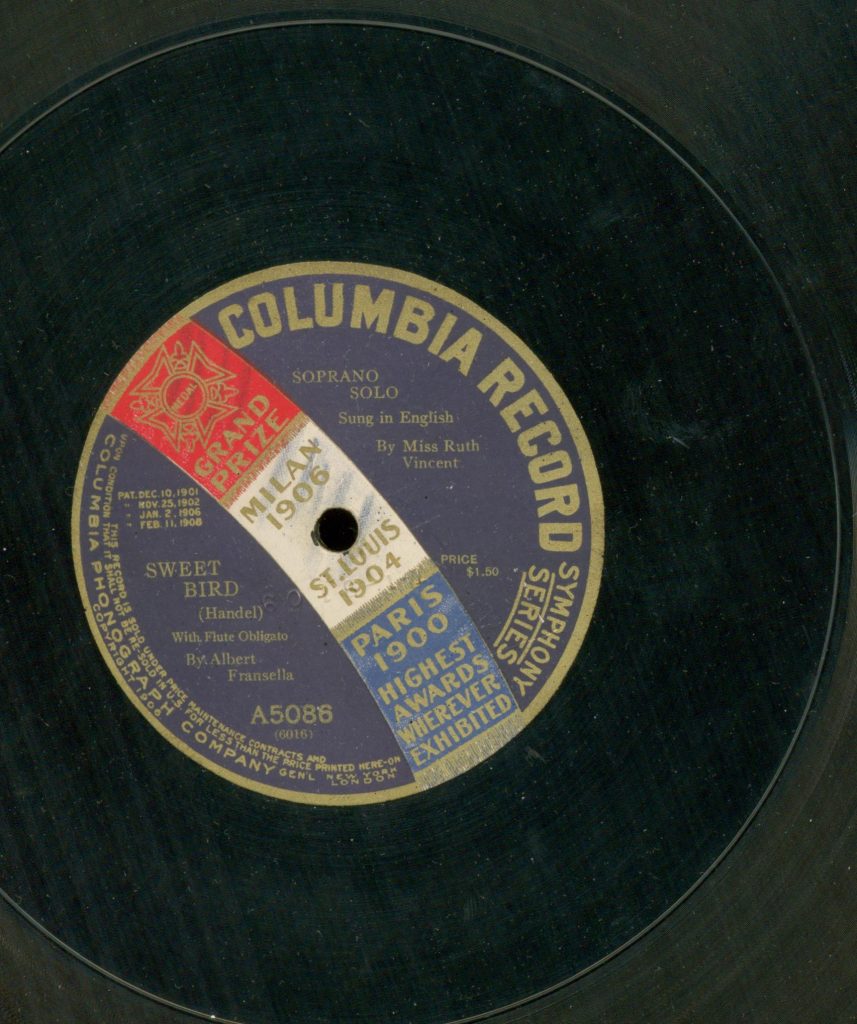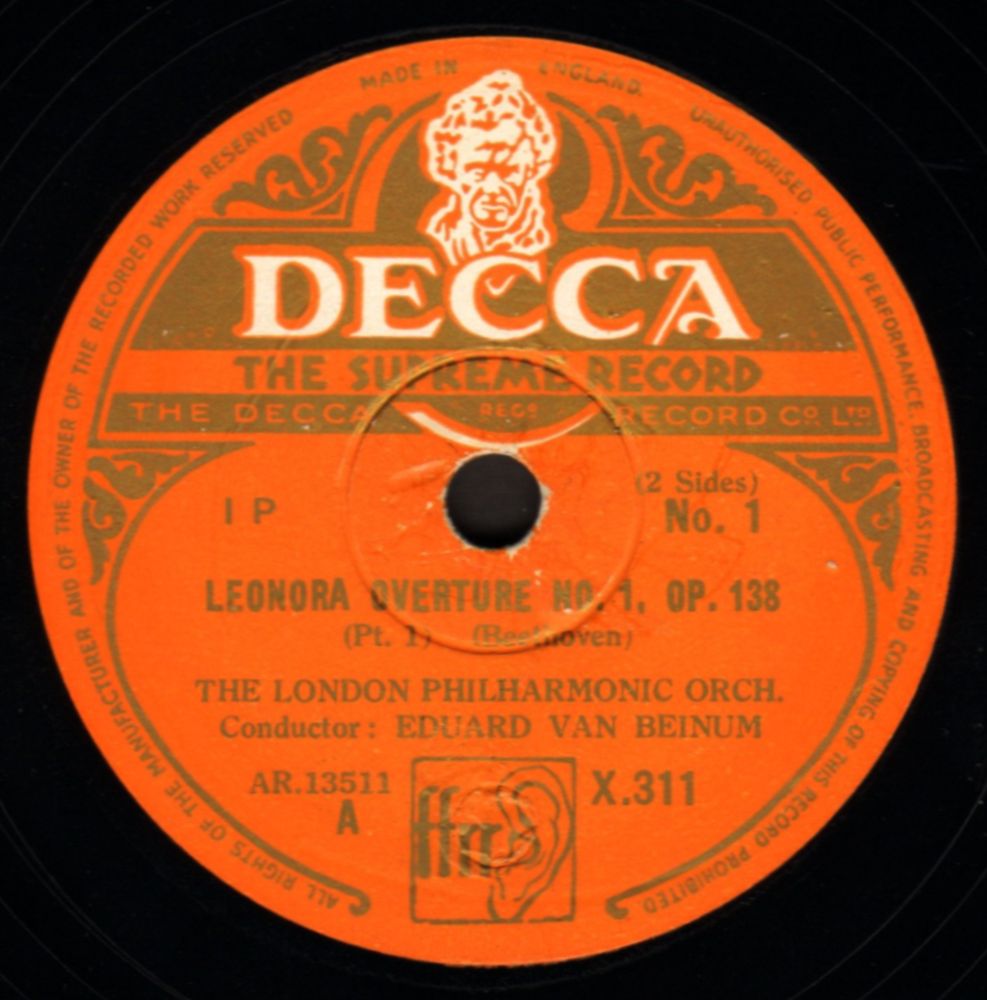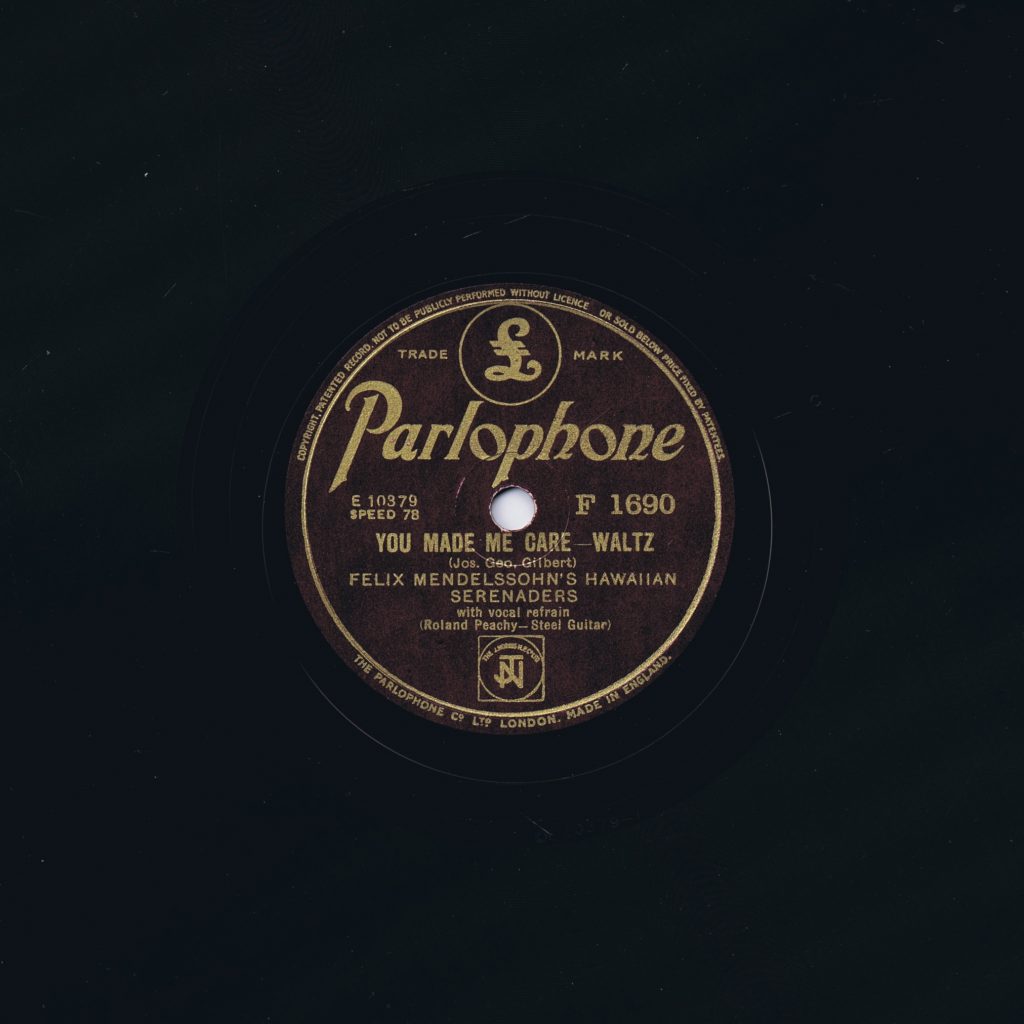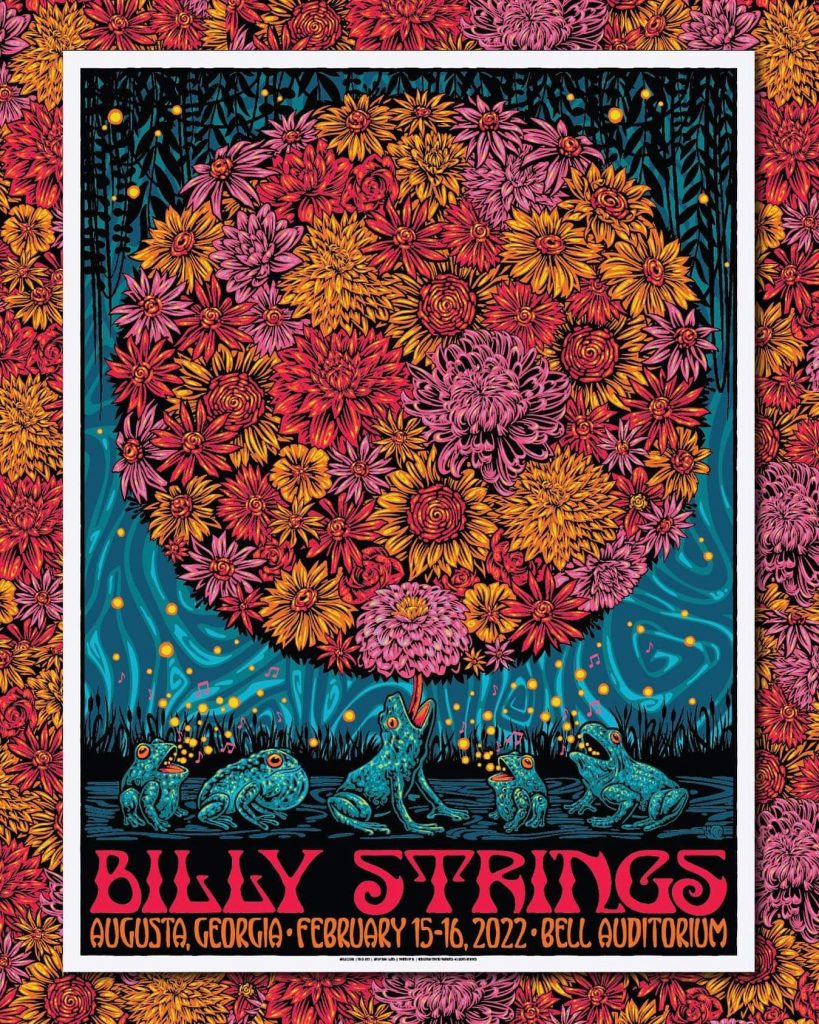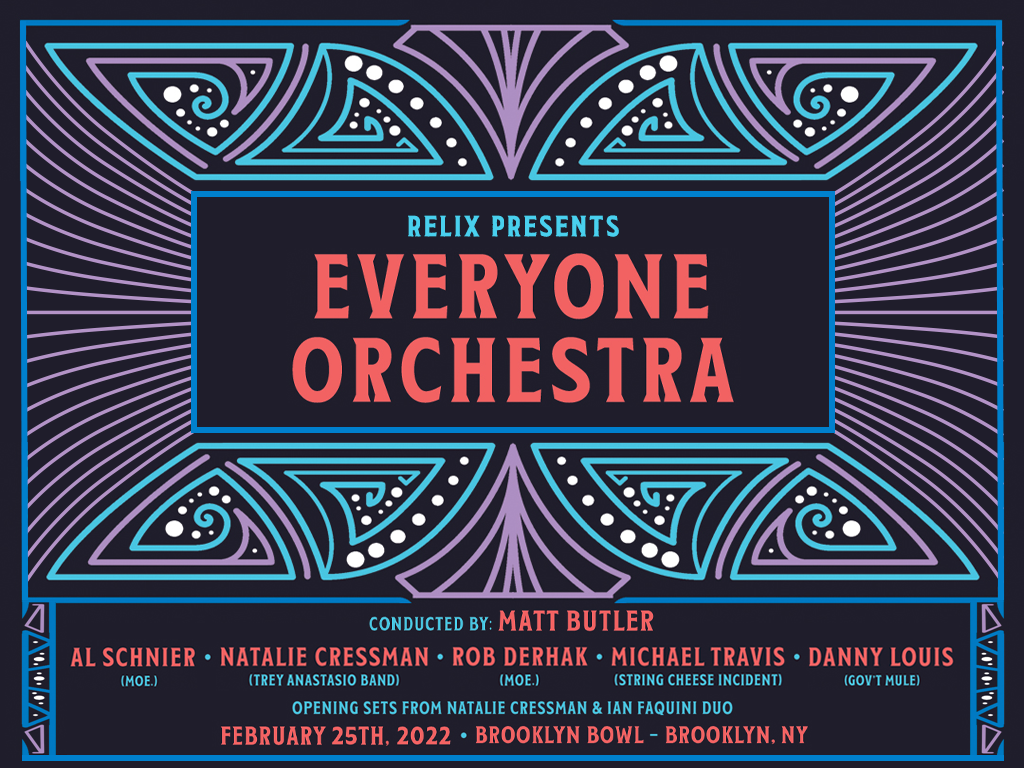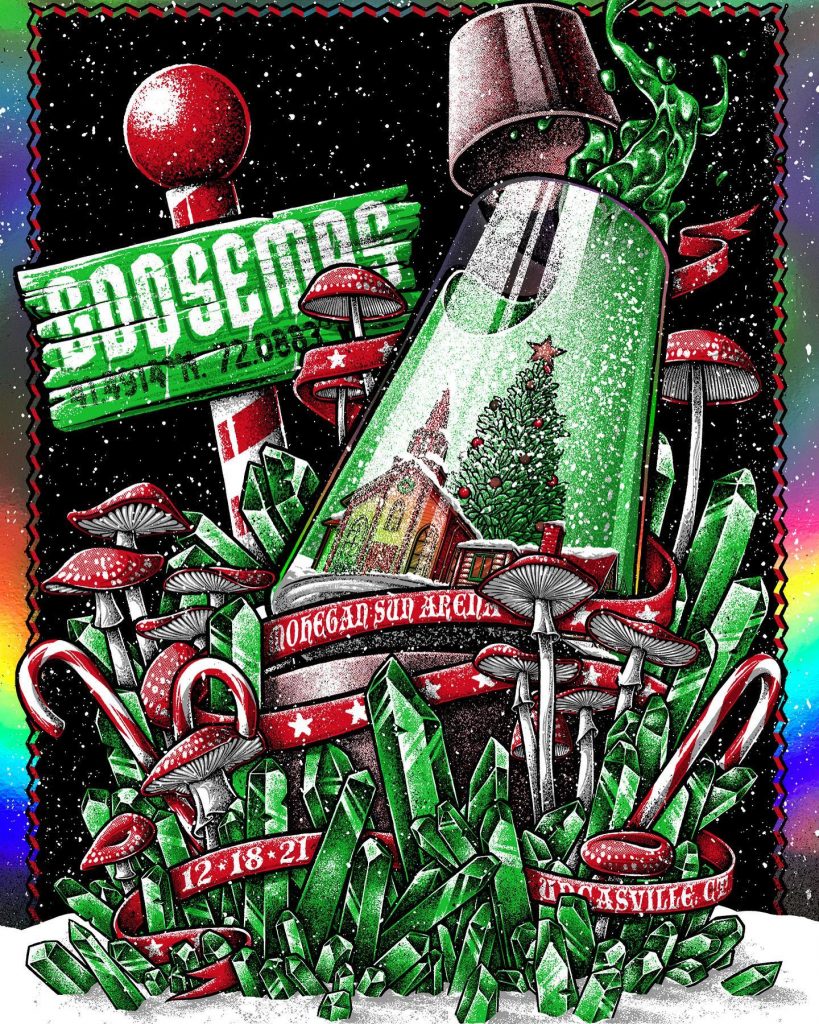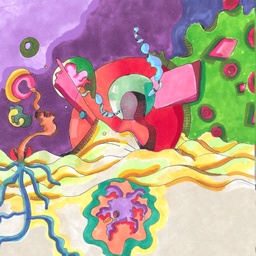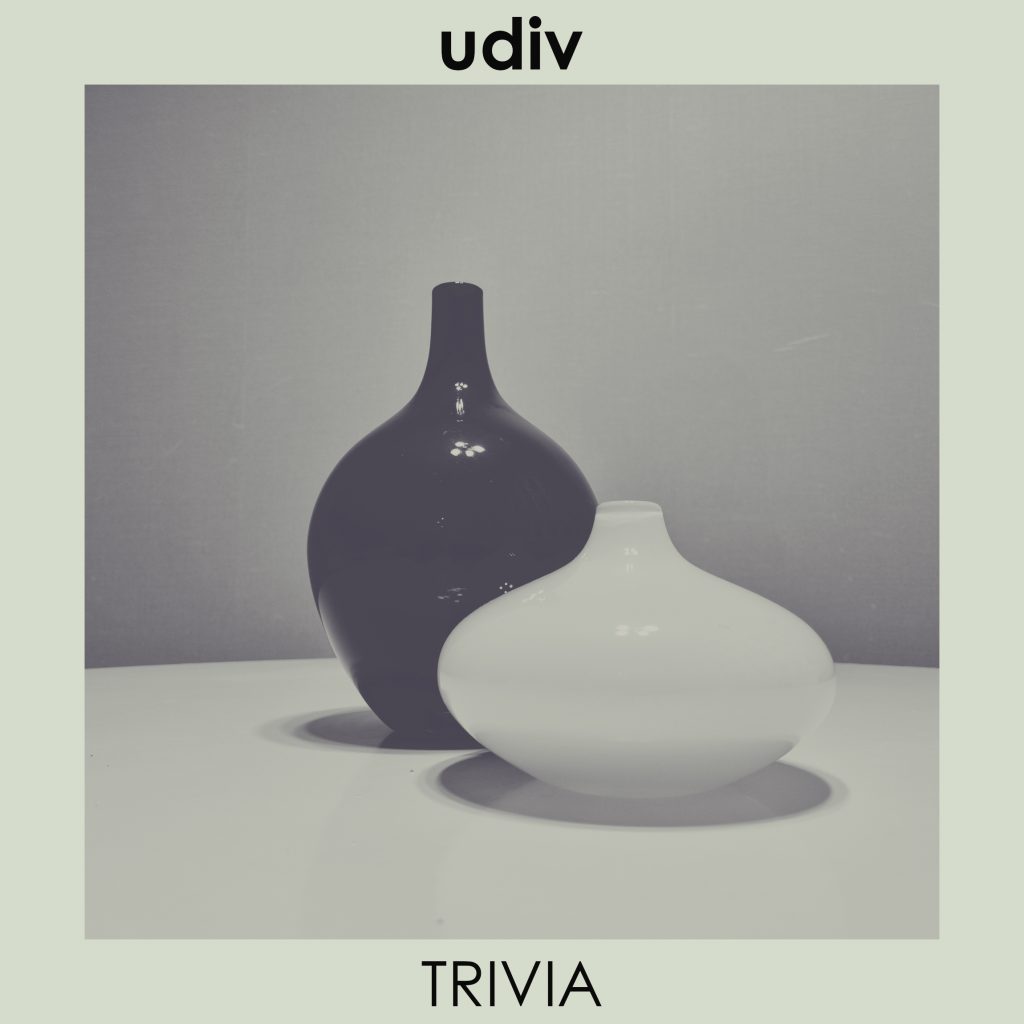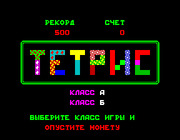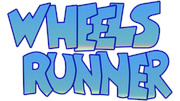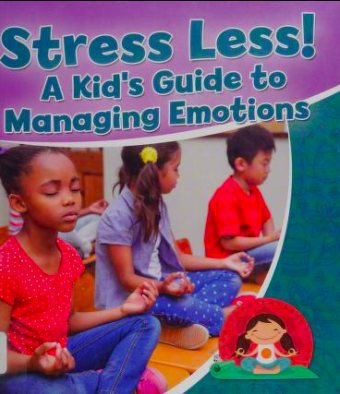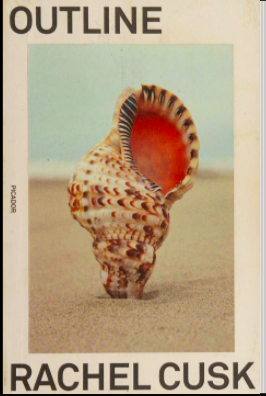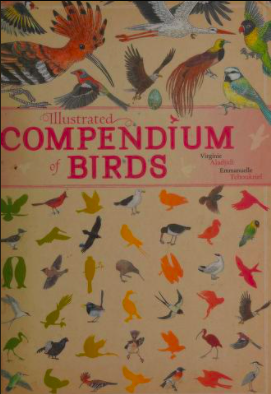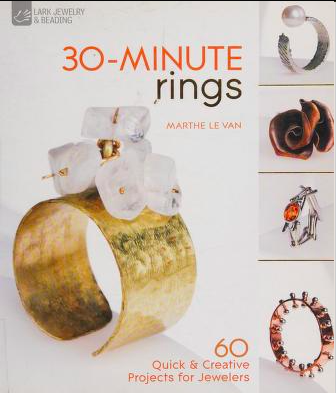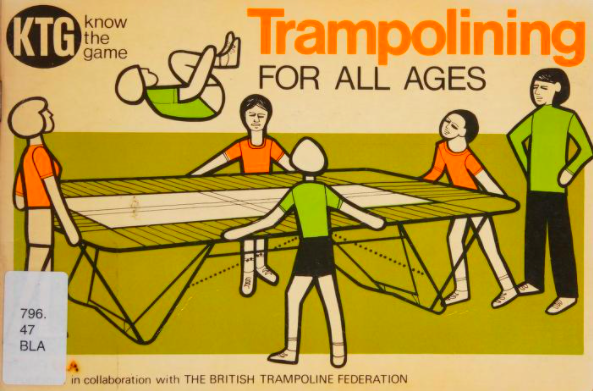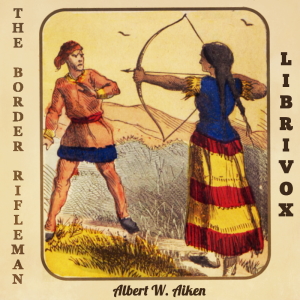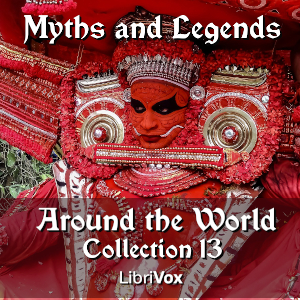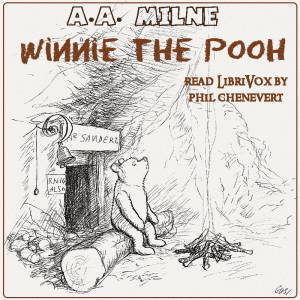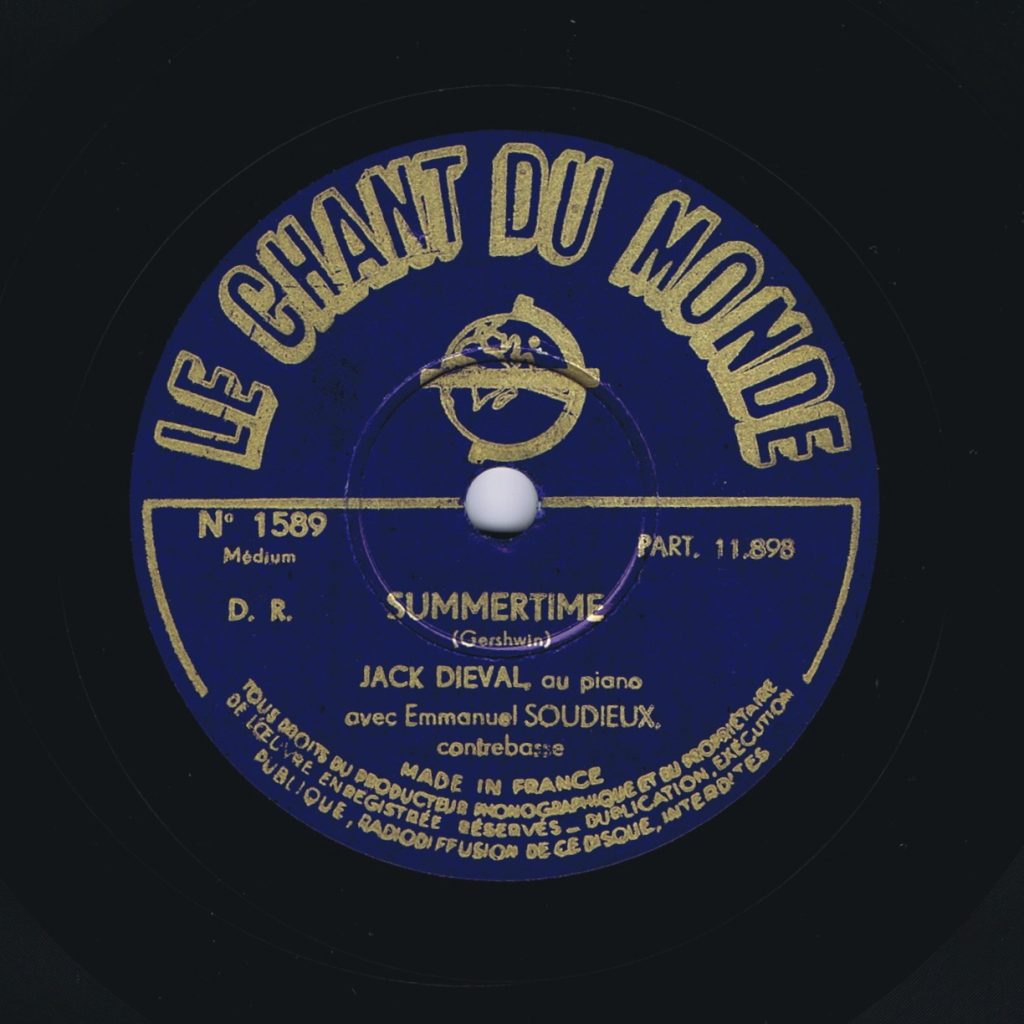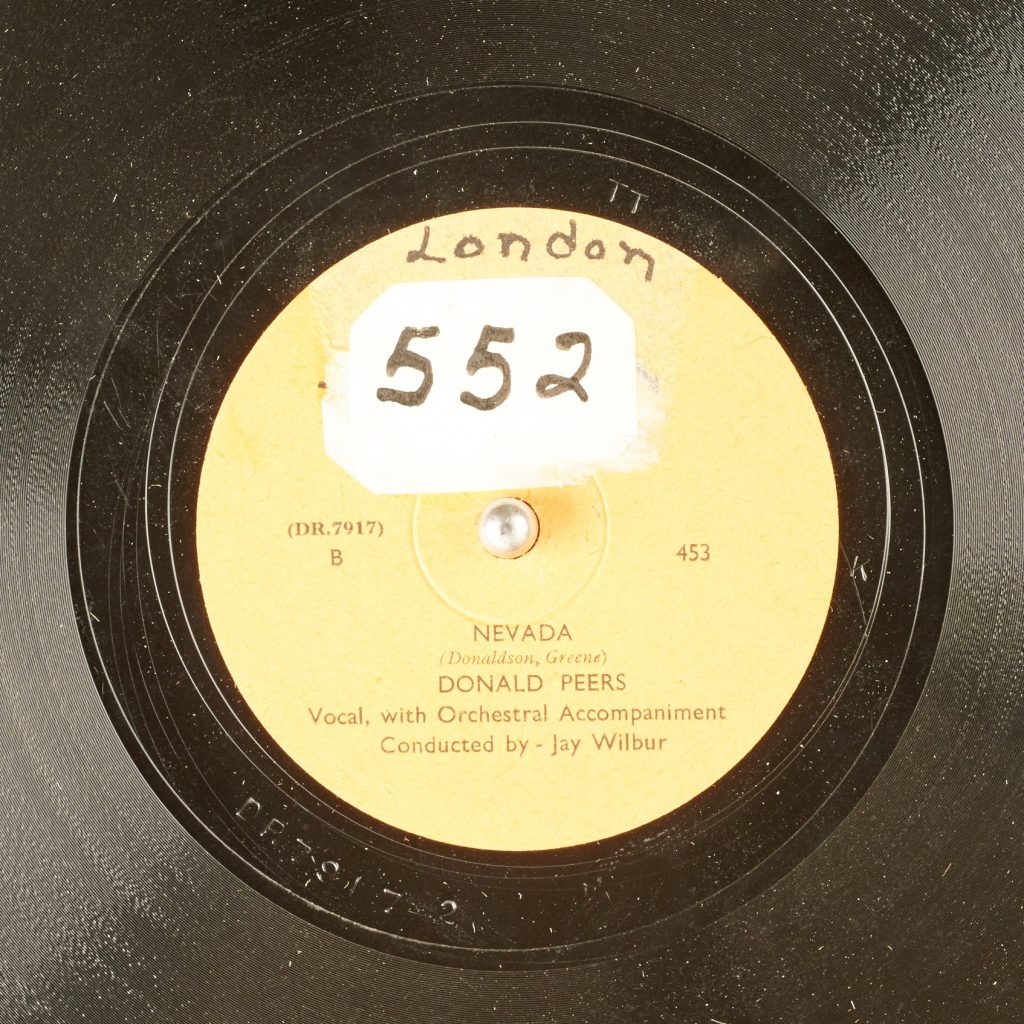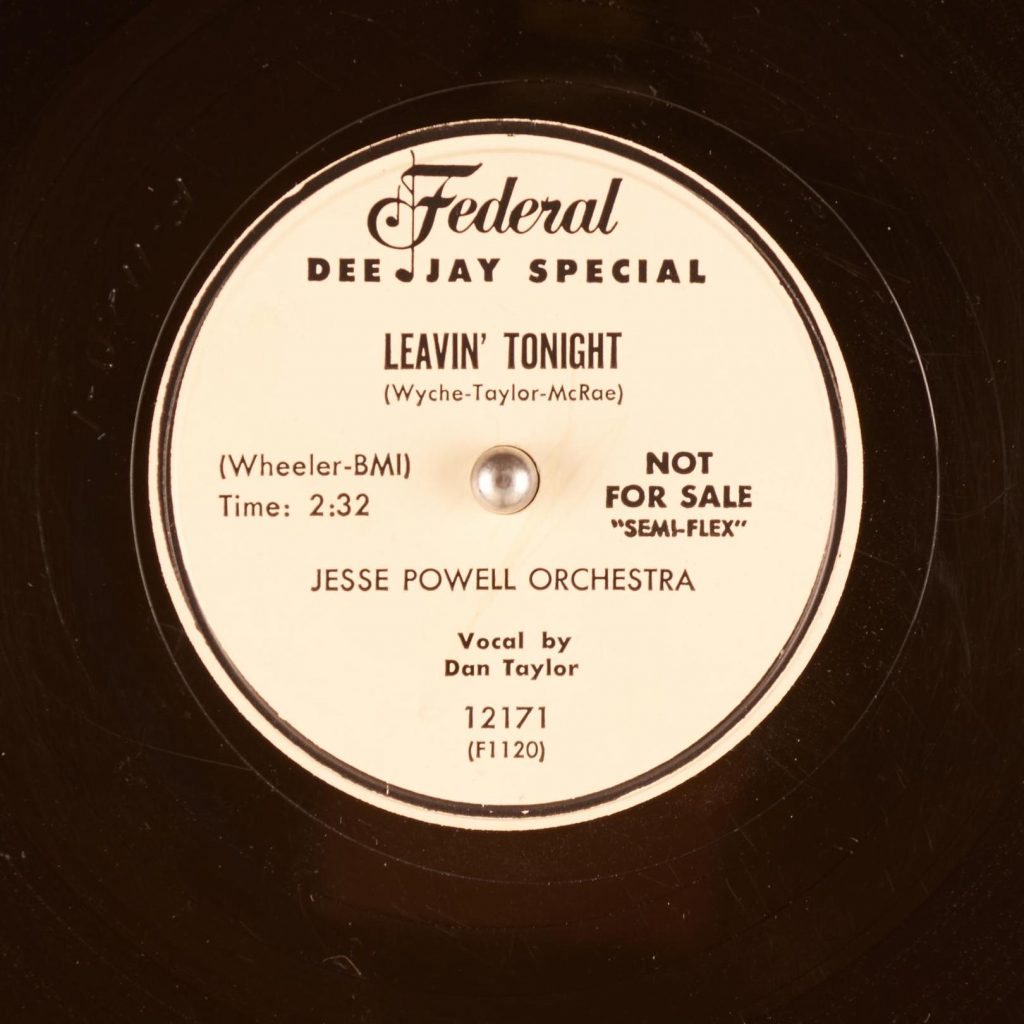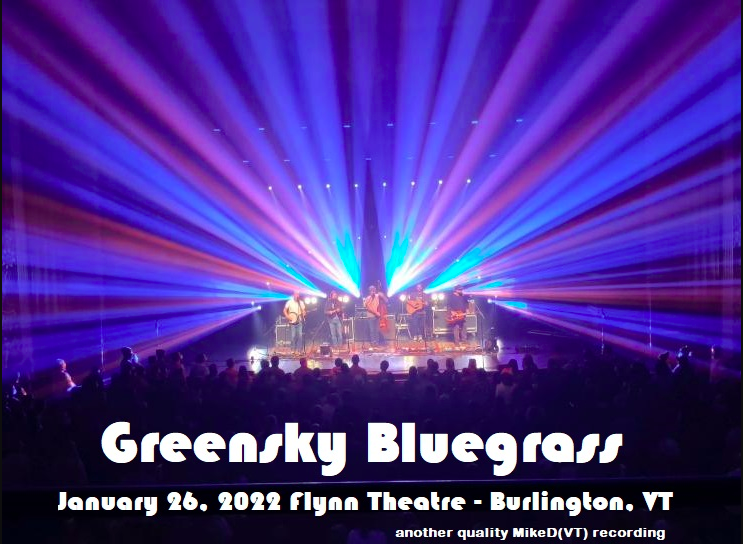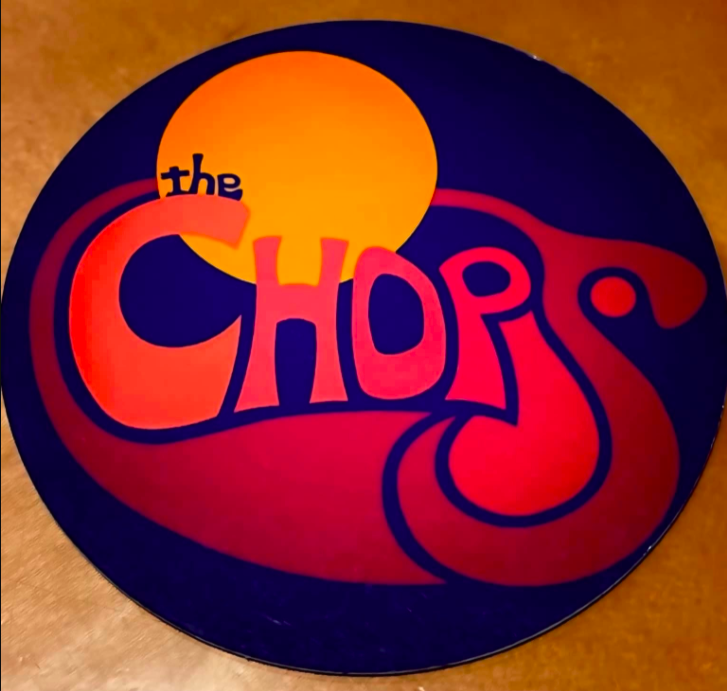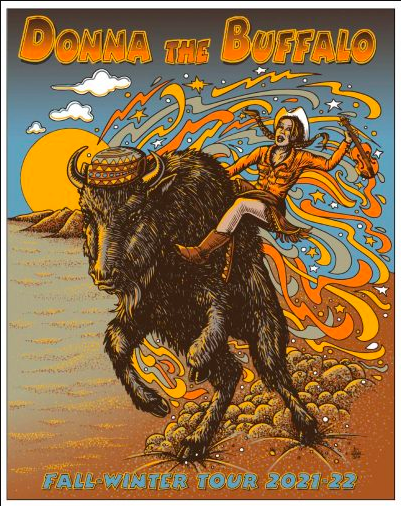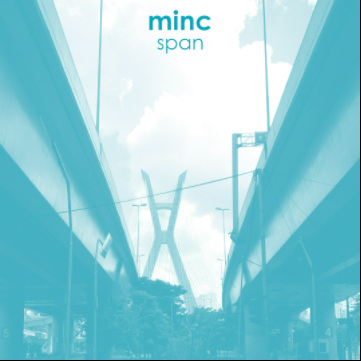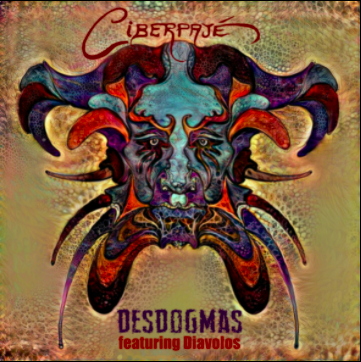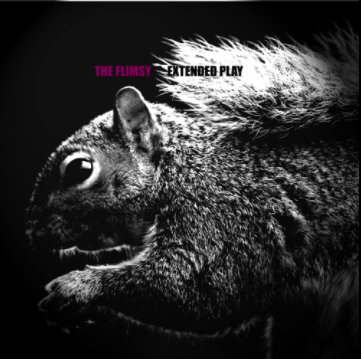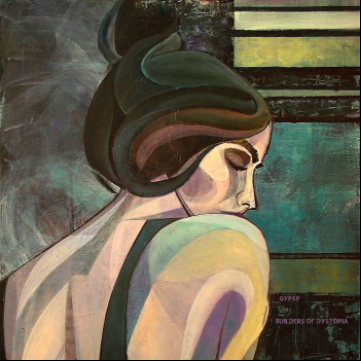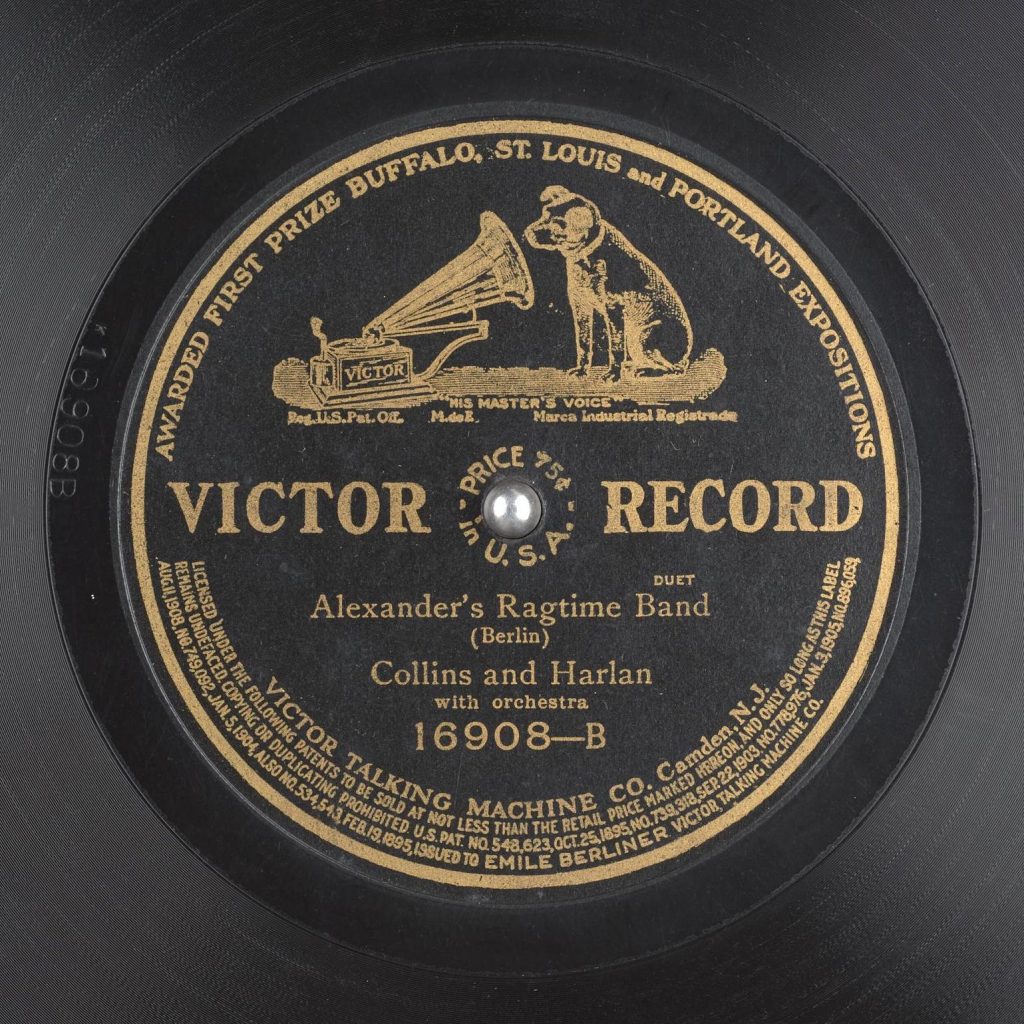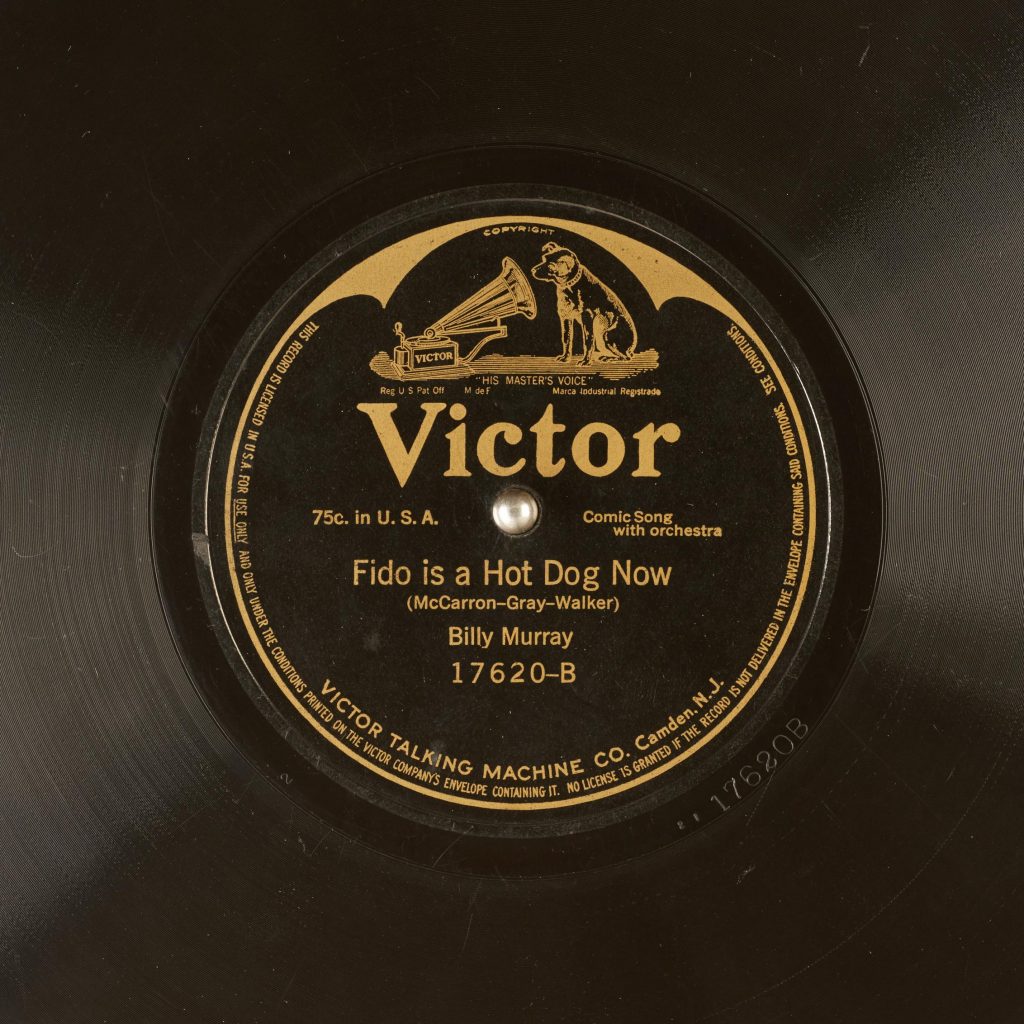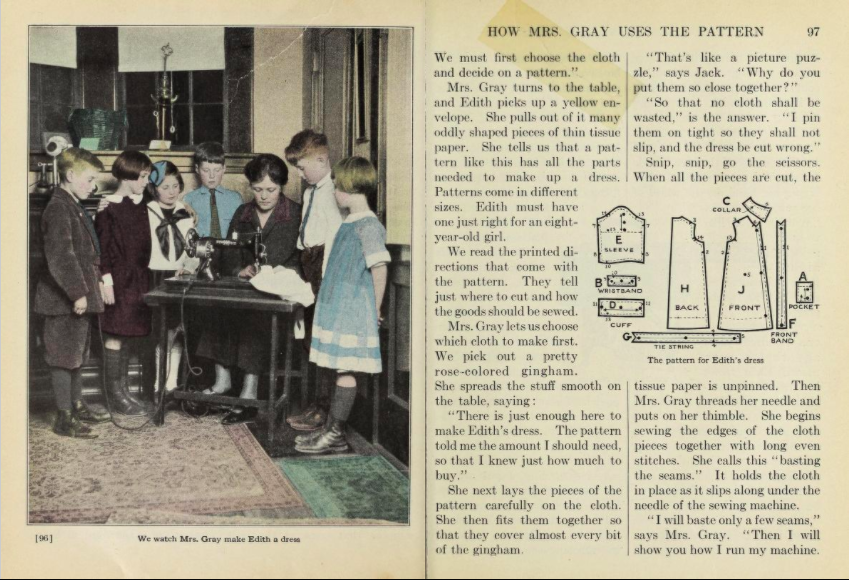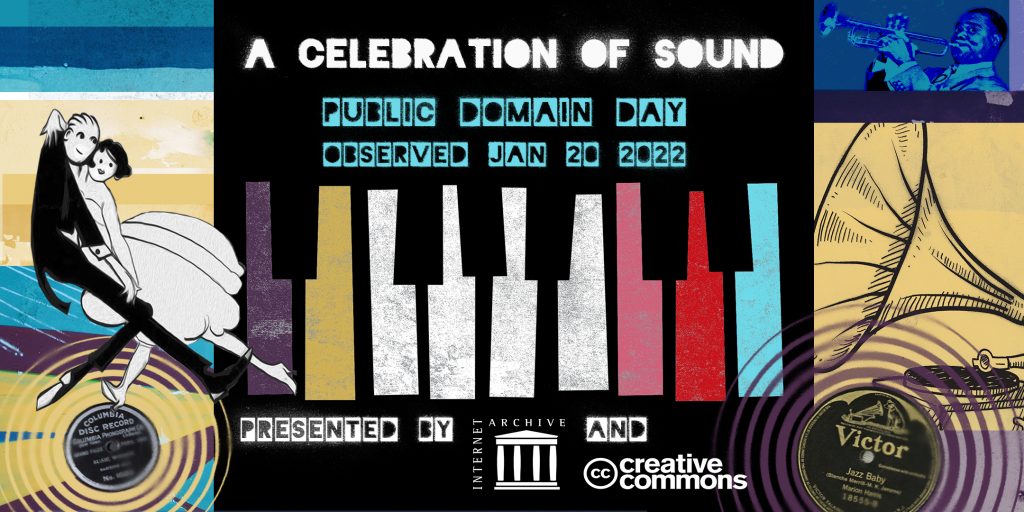This year we are welcoming many works from 1928 into the U.S. public domain (books, movies, images, etc.), as well as recorded sound from 1923.
Some of the big events from 1928 include the first machine sliced and wrapped loaf of bread being sold, the fatal Okeechobee hurricane, the failure of the St. Francis Dam in Los Angeles, the discovery of a moldy petri dish that would lead to the creation of penicillin, Amelia Earheart flying across the Atlantic, and a certain mouse making his public debut.
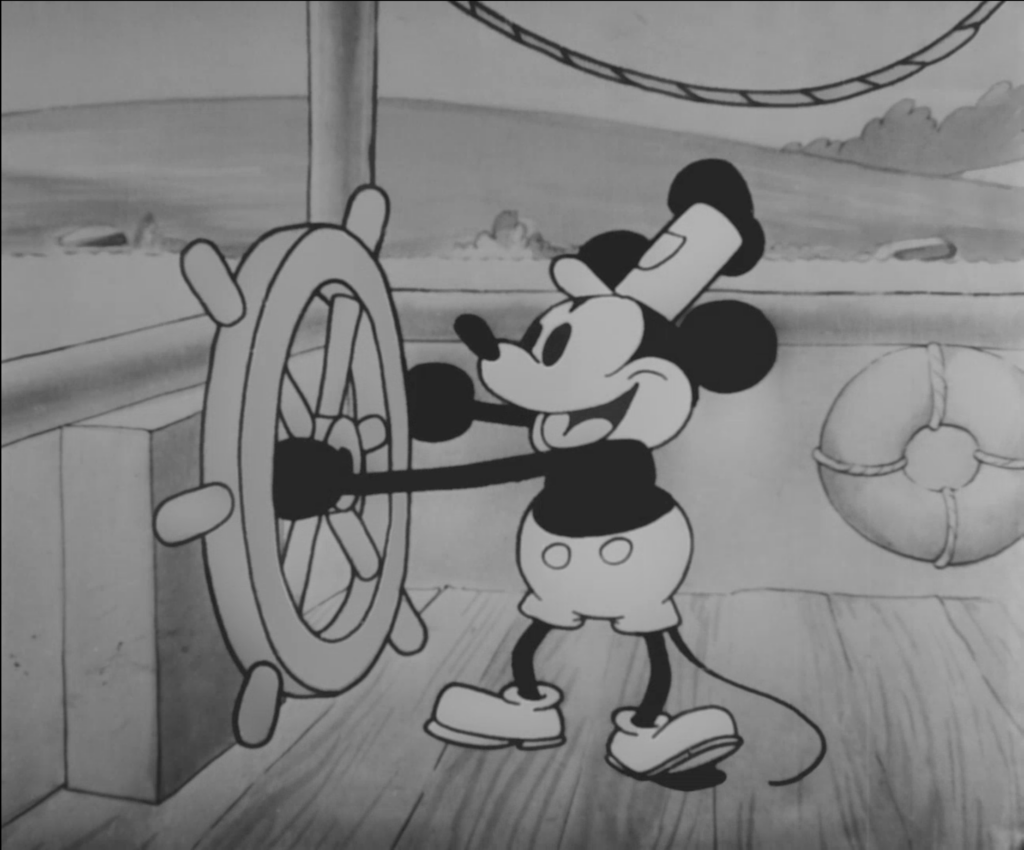
Movies
Everybody’s talking about Mickey. On November 18th, 1928 Steamboat Willie was published, the third Mickey Mouse film by Walt Disney and the first one to be published with sound. The prior two Mickey Mouse films, including Plane Crazy, had not been picked up for distribution so this was the public’s first introduction to the mouse. Steamboat Willie may have been named after another popular movie that came out in 1928, Buster Keaton’s Steamboat Bill, Jr., or perhaps the Vaudeville song, “Steamboat Bill” (popularized in 1910) which was included in the soundtrack (along with the 19th century song “Turkey in the Straw”).
But there were many other movies that debuted in 1928, and here are just a few noted examples:
- The Cameraman (Buster Keaton)
- Champagne (Alfred Hitchcock)
- Easy Virtue (Alfred Hitchcock)
- Feel My Pulse (William Powell)
- Four Sons (John Ford)
- Hangman’s House (John Ford)
- The Last Command (William Powell)
- Laugh, Clown, Laugh (Lon Chaney)
- The Lights of New York (Bryan Foy)
- Lilac Time (Gary Cooper)
- The Matinee Idol (Frank Capra)
- Mother Machree (John Ford)
- Our Dancing Daughters (Joan Crawford)
- The Passion of Joan Of Arc (Carl Theodor Dreyer)
- The Patsy (Marion Davies, Marie Dressler)
- The Power of the Press (Frank Capra, Douglas Fairbanks, Jr.)
- The Red Dance (Dolores del Rio)
- Sadie Thompson (Lionel barrymore, Gloria Swanson)
- Speedy (Harold Lloyd)
- Street Angel (Janet Gaynor)
- Tempest (John Barrymore)
- The Trail of ‘98 (Dolores del Rio)
- Two Tars (Laurel and Hardy)
- The Wedding March (Zasu Pitts, Fay Wray)
- The Wind (Lilian Gish)
- A Woman of Affairs (Greta Garbo, Douglas Fairbanks, Jr.)
You have 2 weeks left to remix films from 1928 into a submission for the Public Domain Day 2024 Remix Contest (deadline is January 17!).
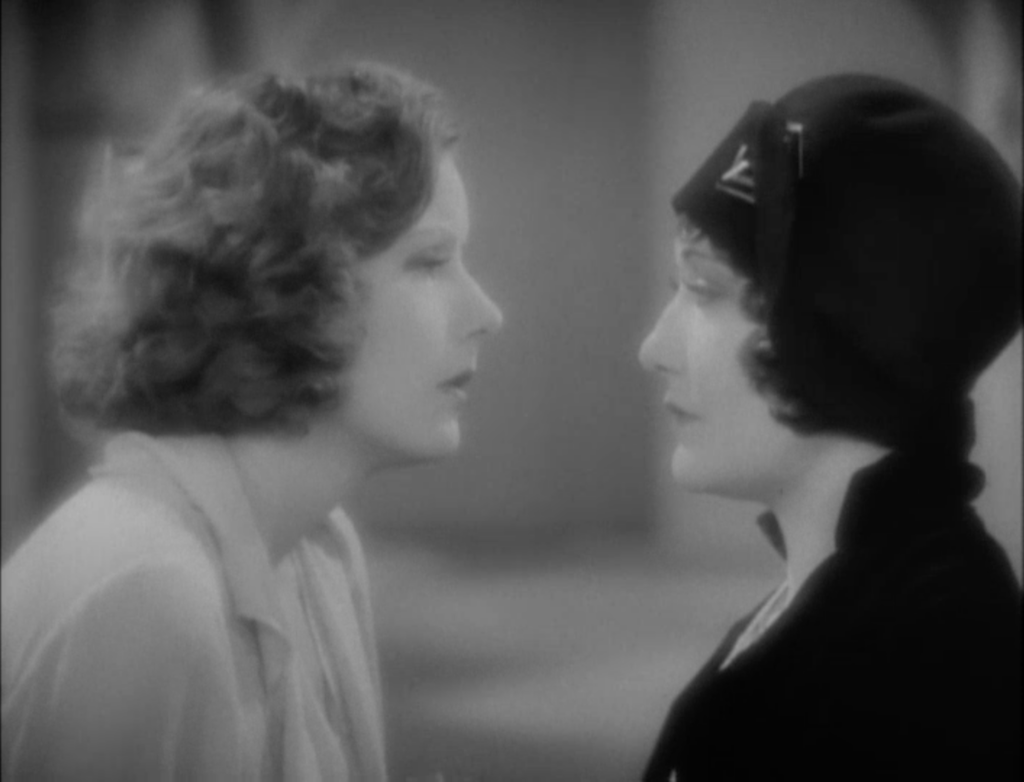
Books
The second Winnie the Pooh book called The House at Pooh Corner by A.A. Milne was published in 1928, along with other famous titles such as All Quiet on the Western Front by Erich M. Remarque, Lady Chatterly’s Lover by D.H. Lawrence, and Tarzan Lord of the Jungle by Edgar R. Burroughs.
Browse some of the books published in 1928 on the site, including
- Cawdor and other poems by Robinson Jeffers
- The Last Post by Ford Madox Ford
- Orlando by Virginia Woolf
- Peter Pan or The Boy Who Would Not Grow Up by J.M. Barrie
- Point Counter Point by Aldous Huxley
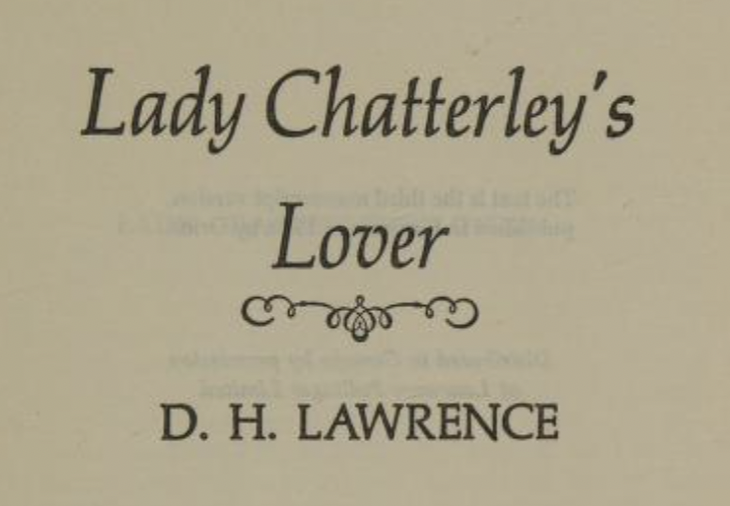
Recorded music from 1923
Recorded sound enters the public domain on a different schedule, and this year we’re welcoming music from 1923.
Looking at our collections, it seems like the only song anyone really cared about was “Yes! We have no bananas” which was recorded by a silly number of musicians (including in Italian and Yiddish!) and even led to them trolling themselves with the “I’ve Got the Yes! We Have No Bananas Blues. Here’s the same artist, Billy Jones, both with bananas and annoyed about the bananas.
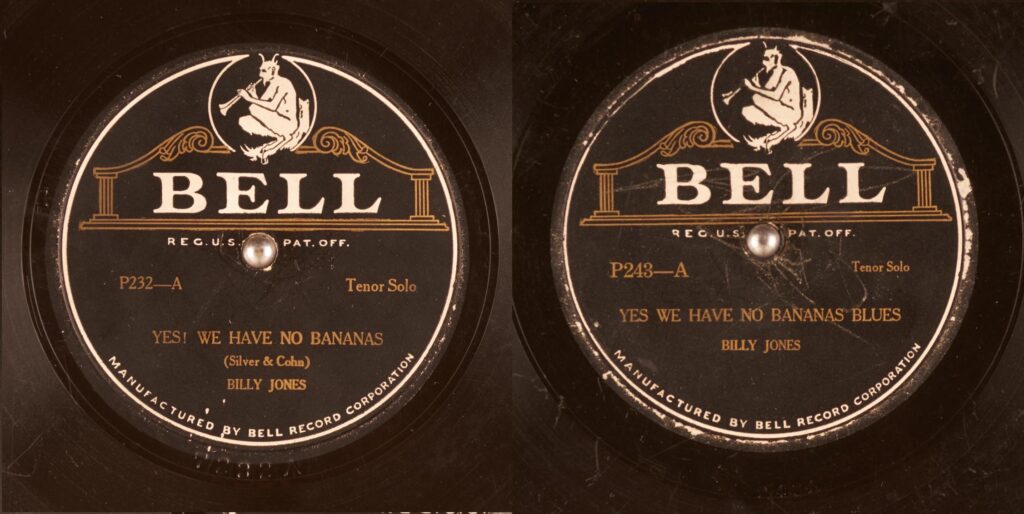
The Jazz Age was really swinging, and 1923 saw the first recordings by King Oliver’s Jazz Band, including early work from Louis Armstrong on Dipper Mouth Blues. The first recorded example of jazz band boogie-woogie also came out that year, The Fives by Tampa Blue Jazz Band. And dancing the Charleston became a craze in 1923, thanks to Charleston from the 1923 musical “Runnin’ Wild.”
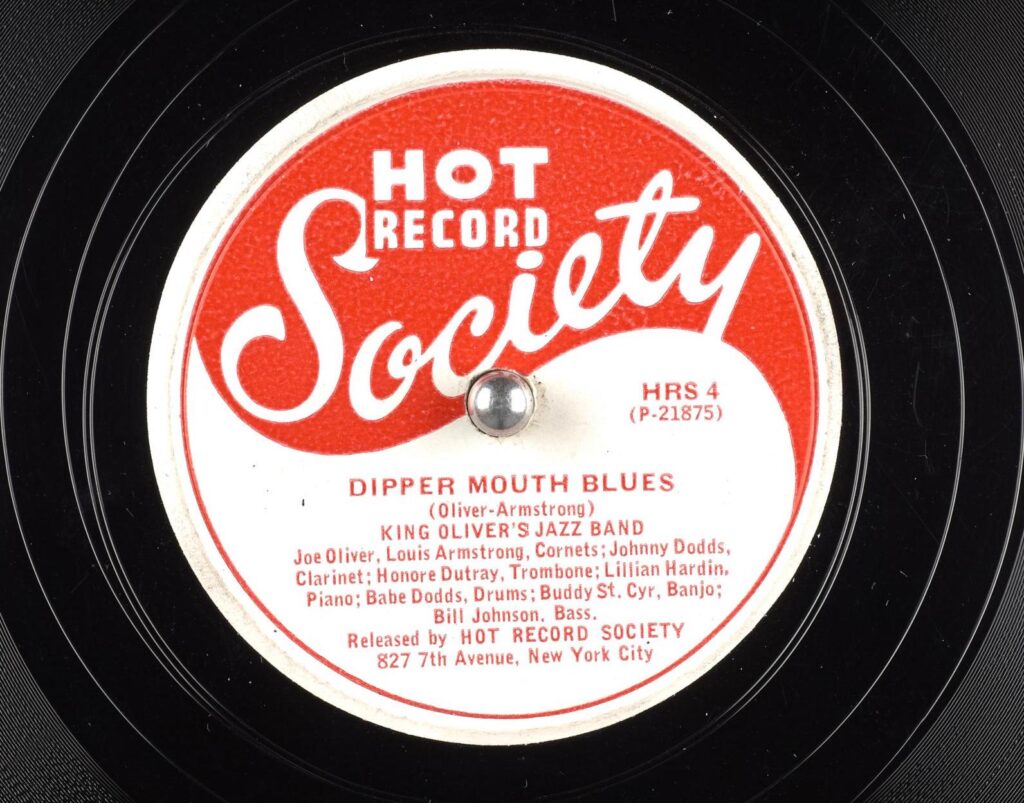
While the entrance to Tutankhamun’s tomb was found in 1922, it wasn’t until February of 1923 that the tomb was unsealed and of course the event was memorialized in song, including Old King Tut by Billy Jones and Ernest Hare, and Tut-Ankh-Amen (In the Valley of the Kings) by S. S. Leviathan Orchestra.
Some popular songs from 1923 that are have joined the public domain include:
- Down Hearted Blues by Bessie Smith
- Parade of the Wooden Soldiers by Paul Whiteman and His Orchestra
- Who’s Sorry Now by Isham Jones Orchestra
- That Old Gang of Mine by Billy Murray and Ed Smalle
- Bambalina by Paul Whiteman and His Orchestra
- Swingin’ Down the Lane by Isham Jones Orchestra
- Love Sends a Little Gift of Roses by Carl Fenton’s Orchestra
- Dreamy Melody by Art Landry and his Call of the North Orchestra
- No, No, Nora by Eddie Cantor
Come celebrate the public domain with us in person in San Francisco on January 24th, or virtually on January 25th.
